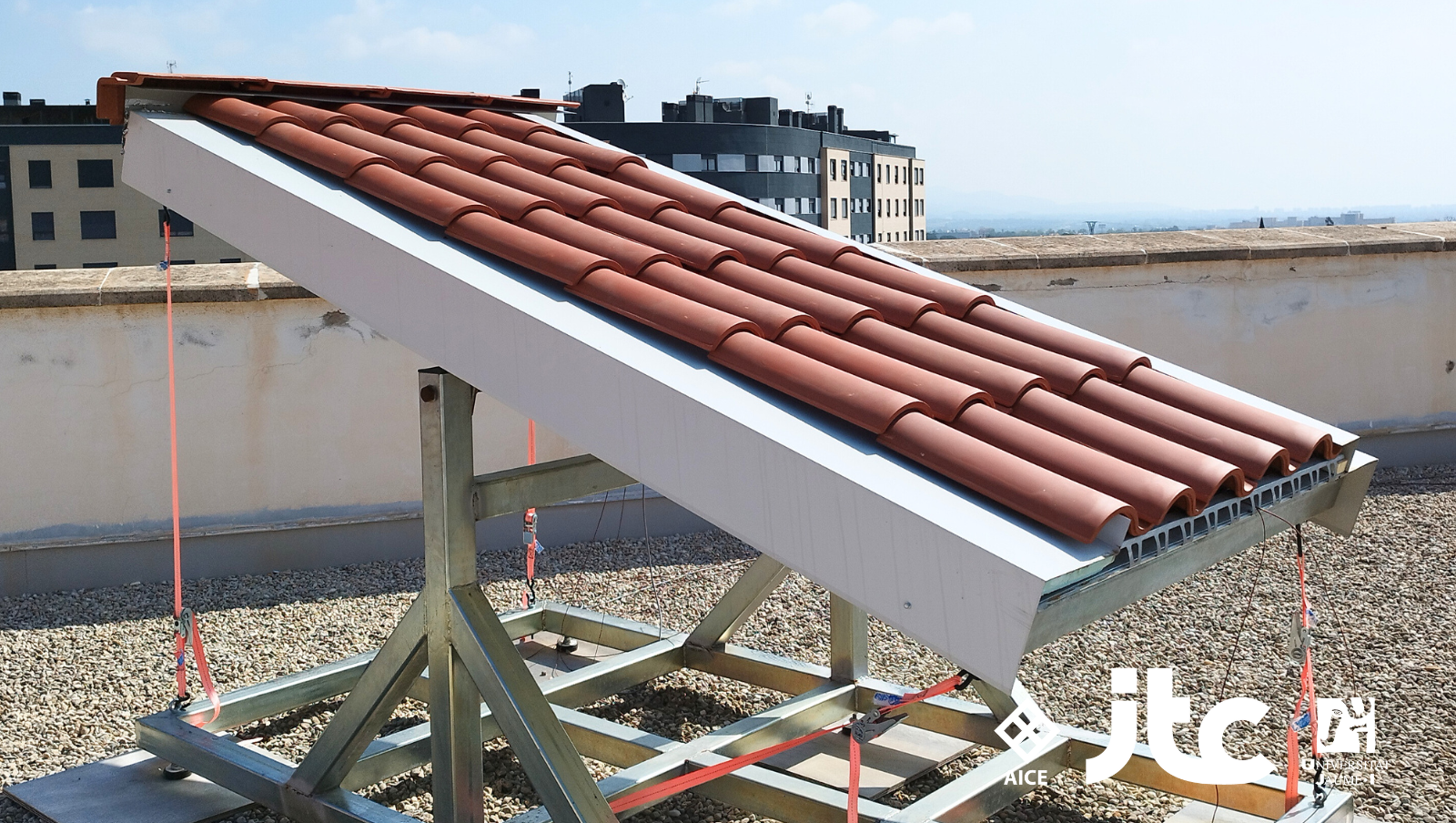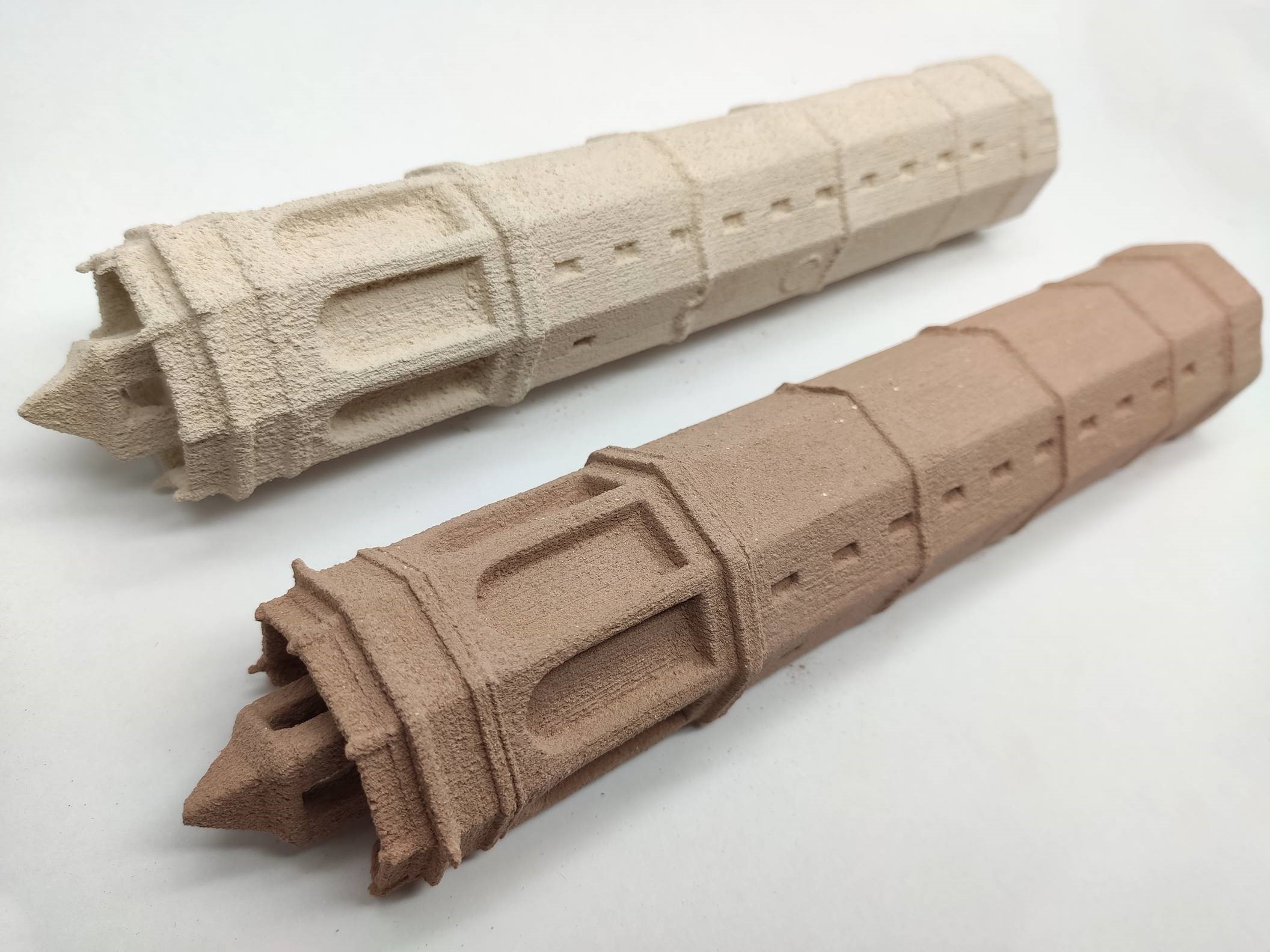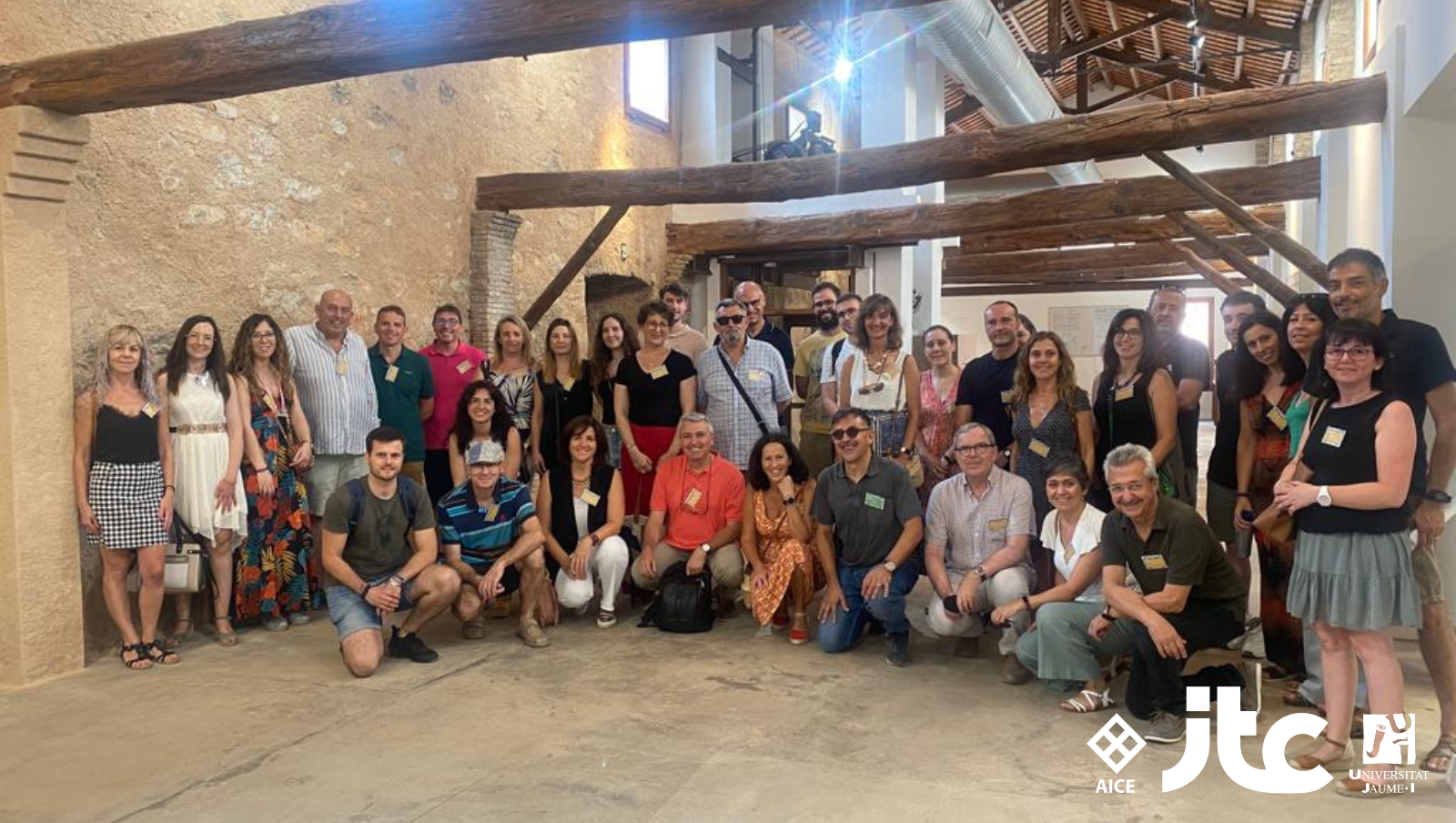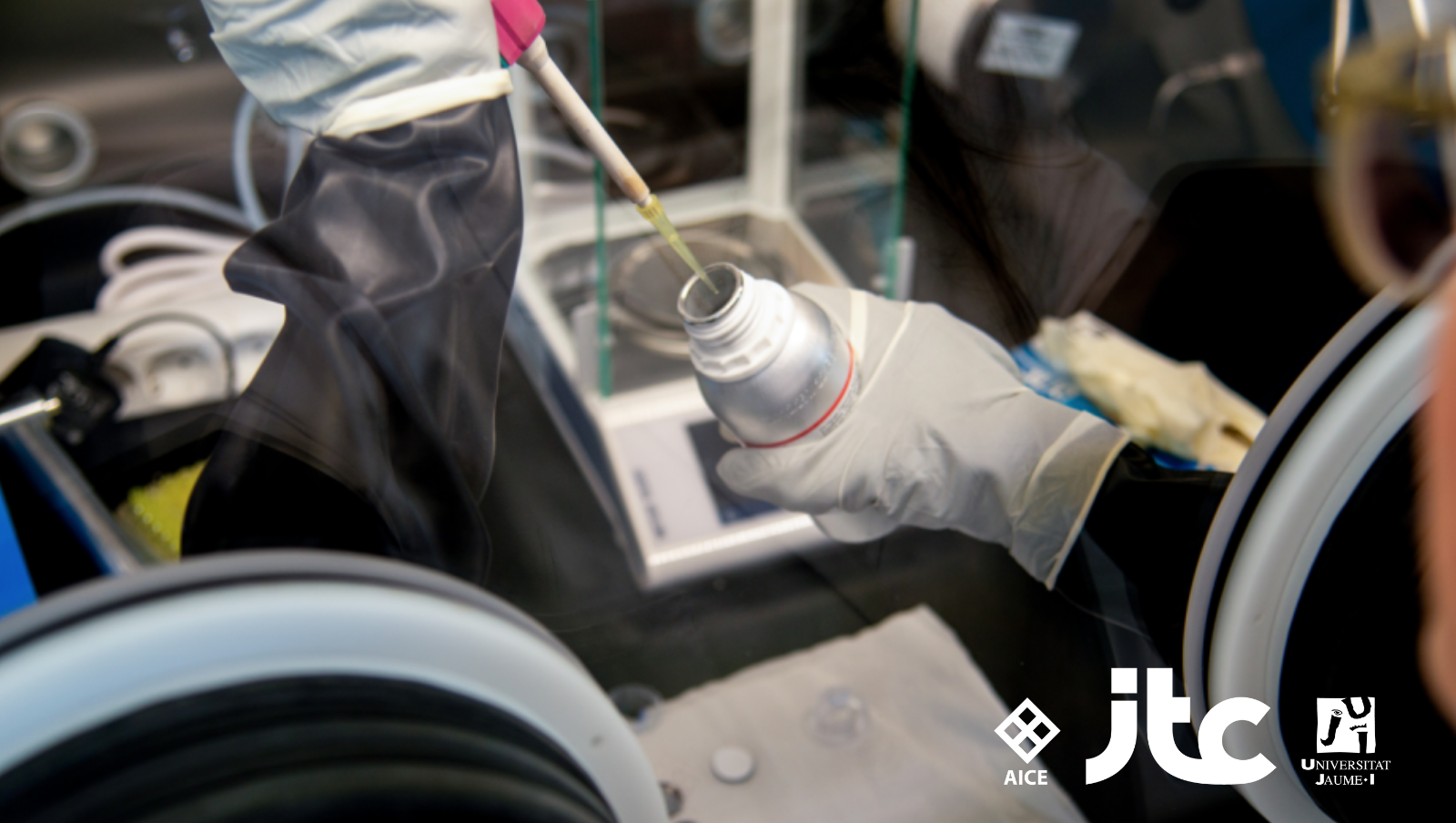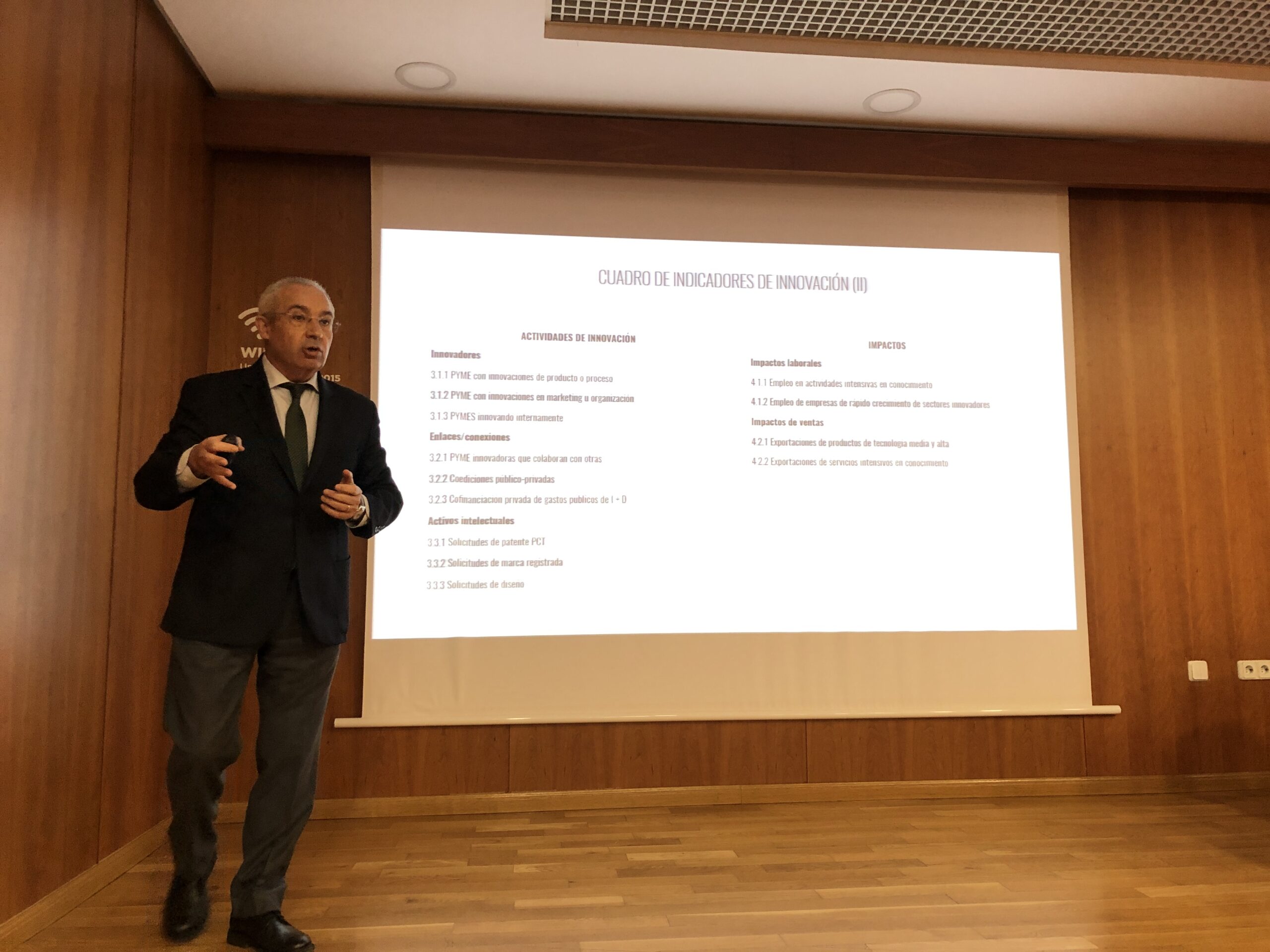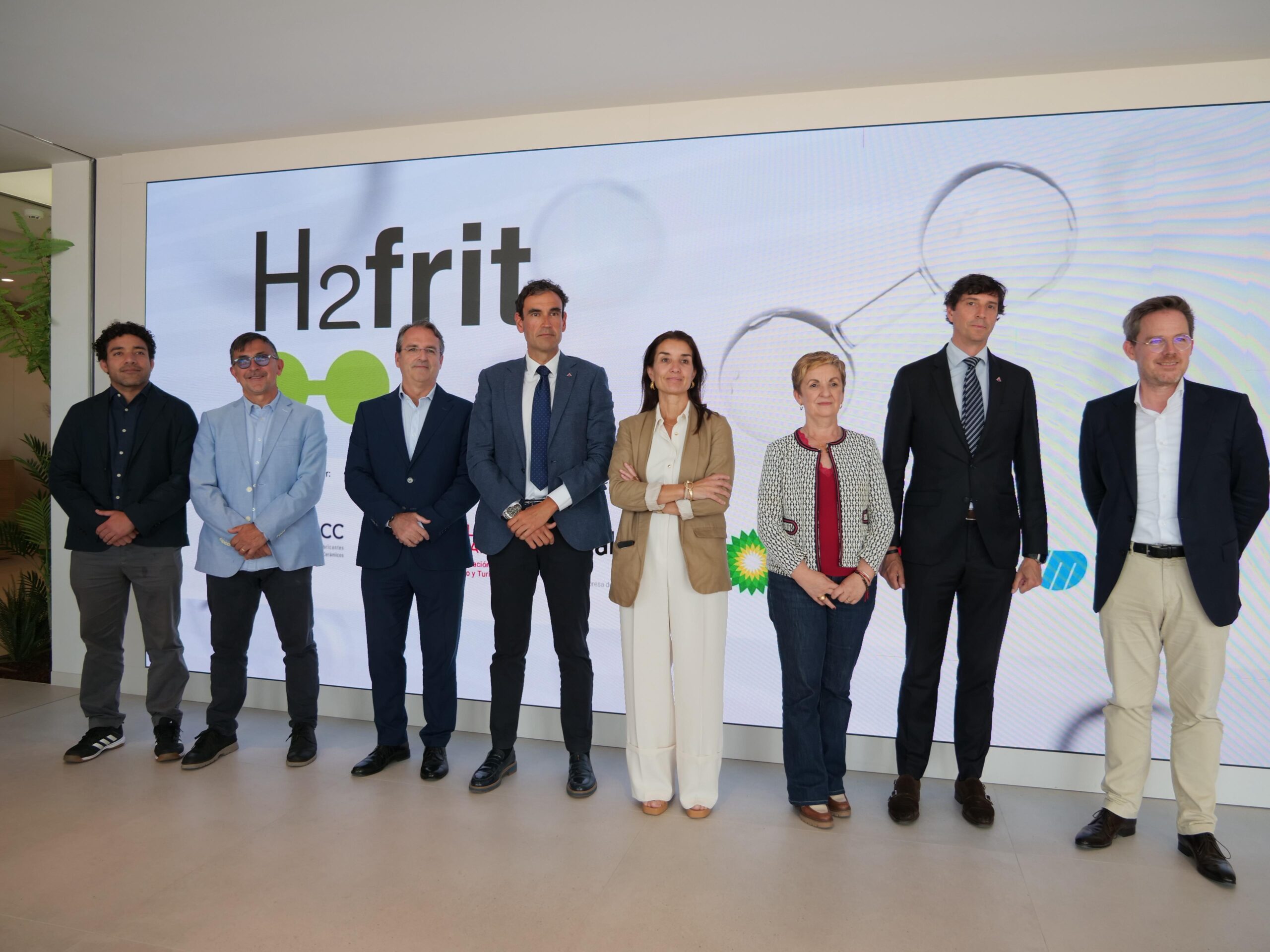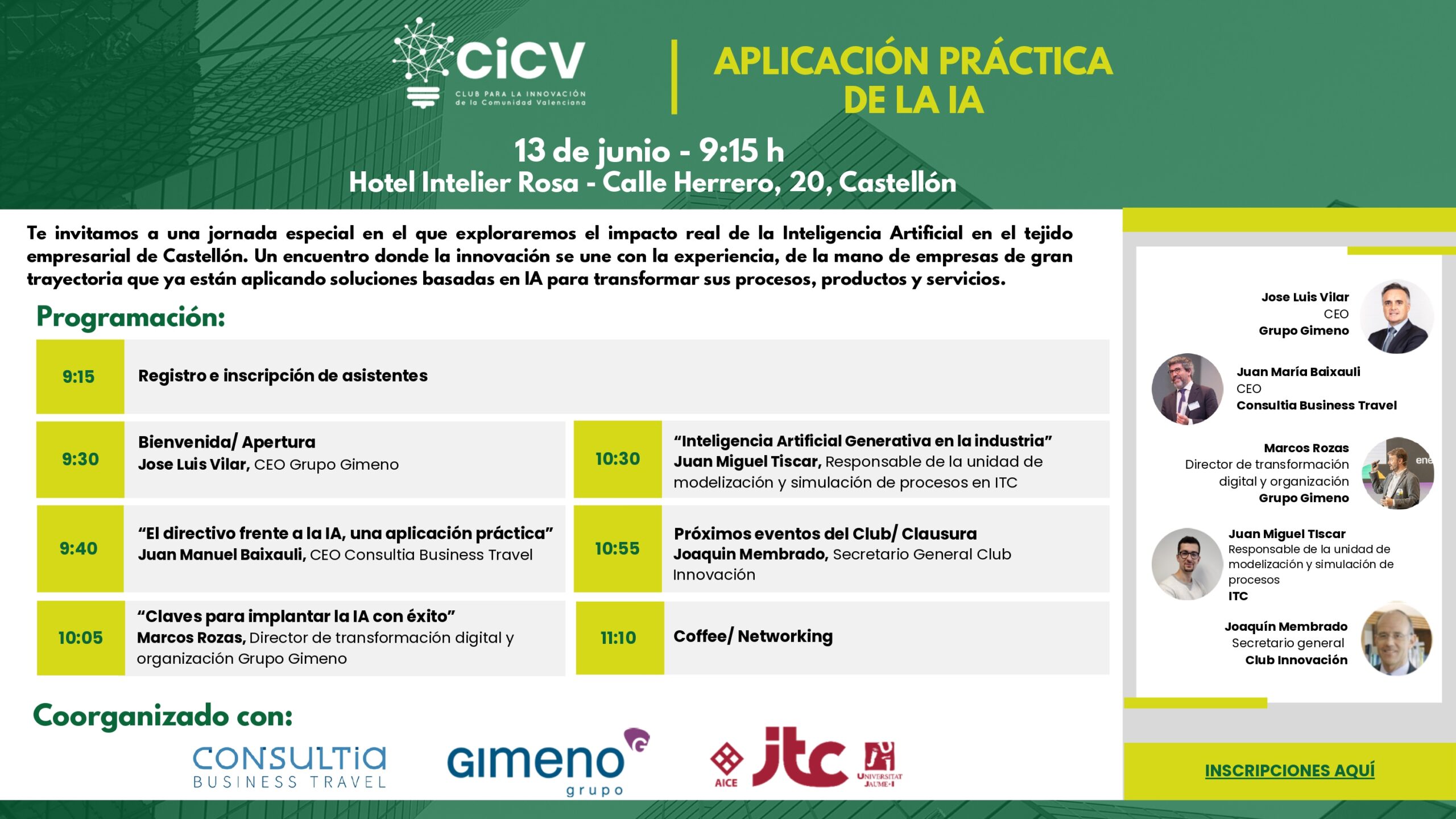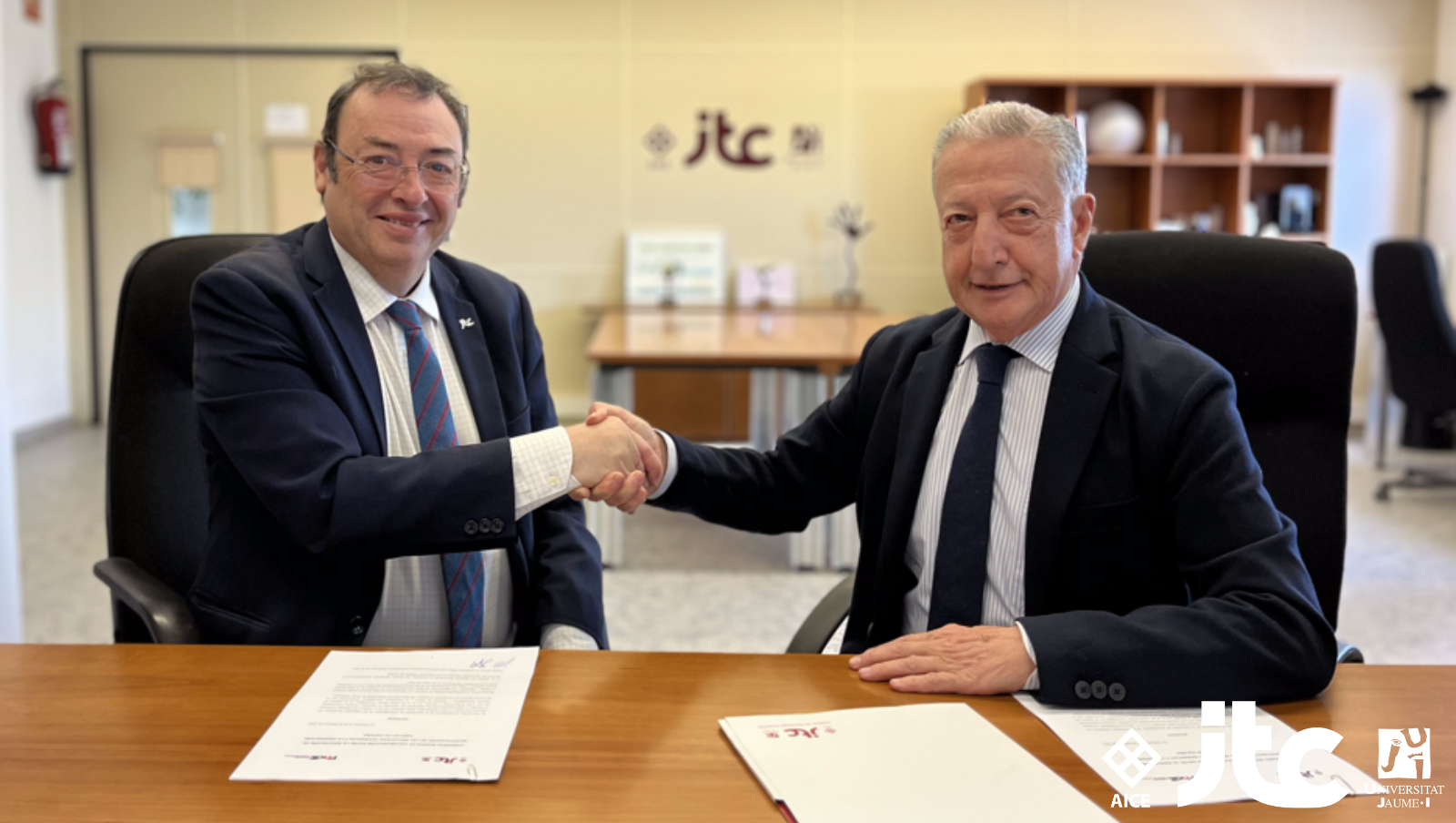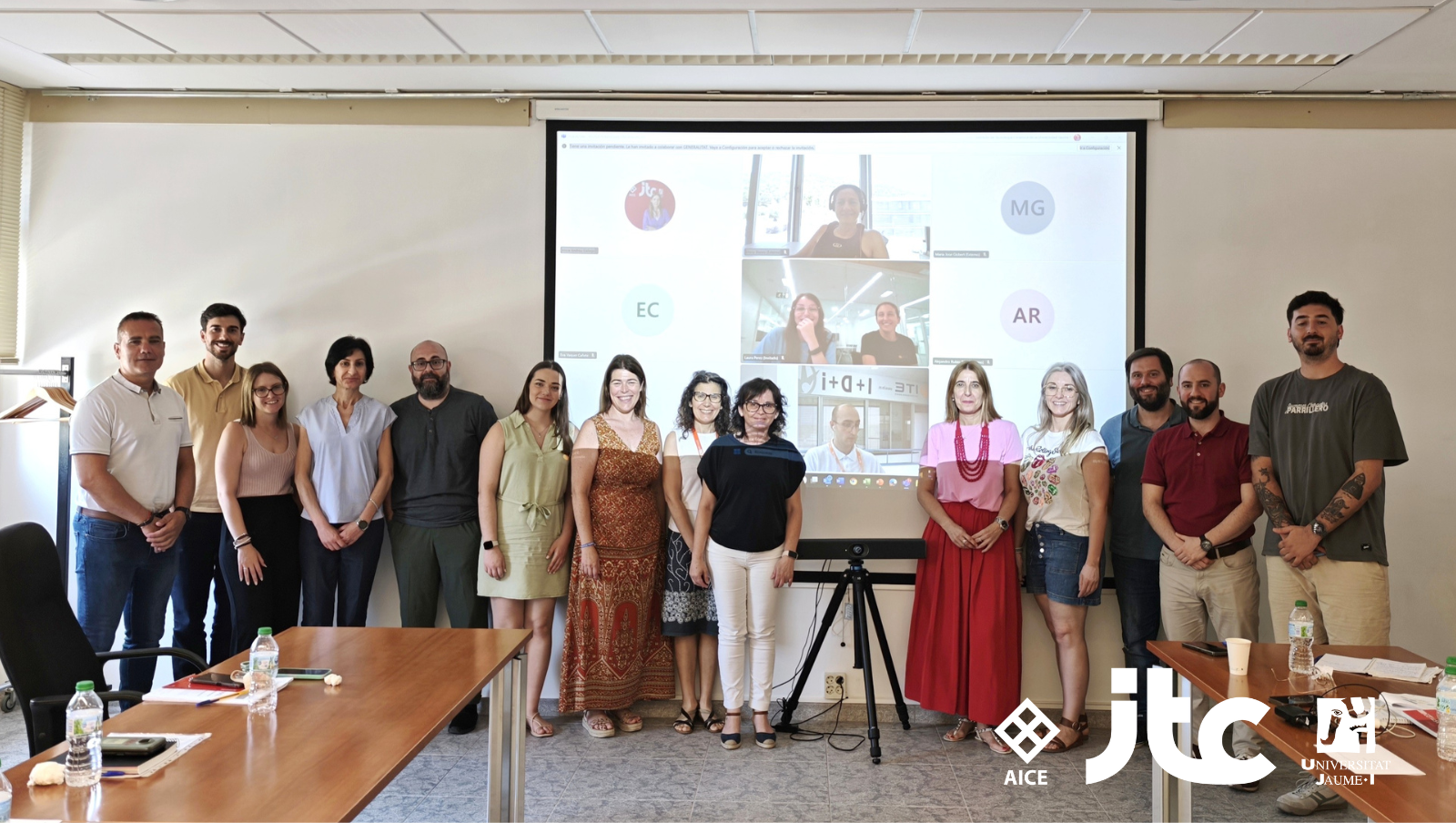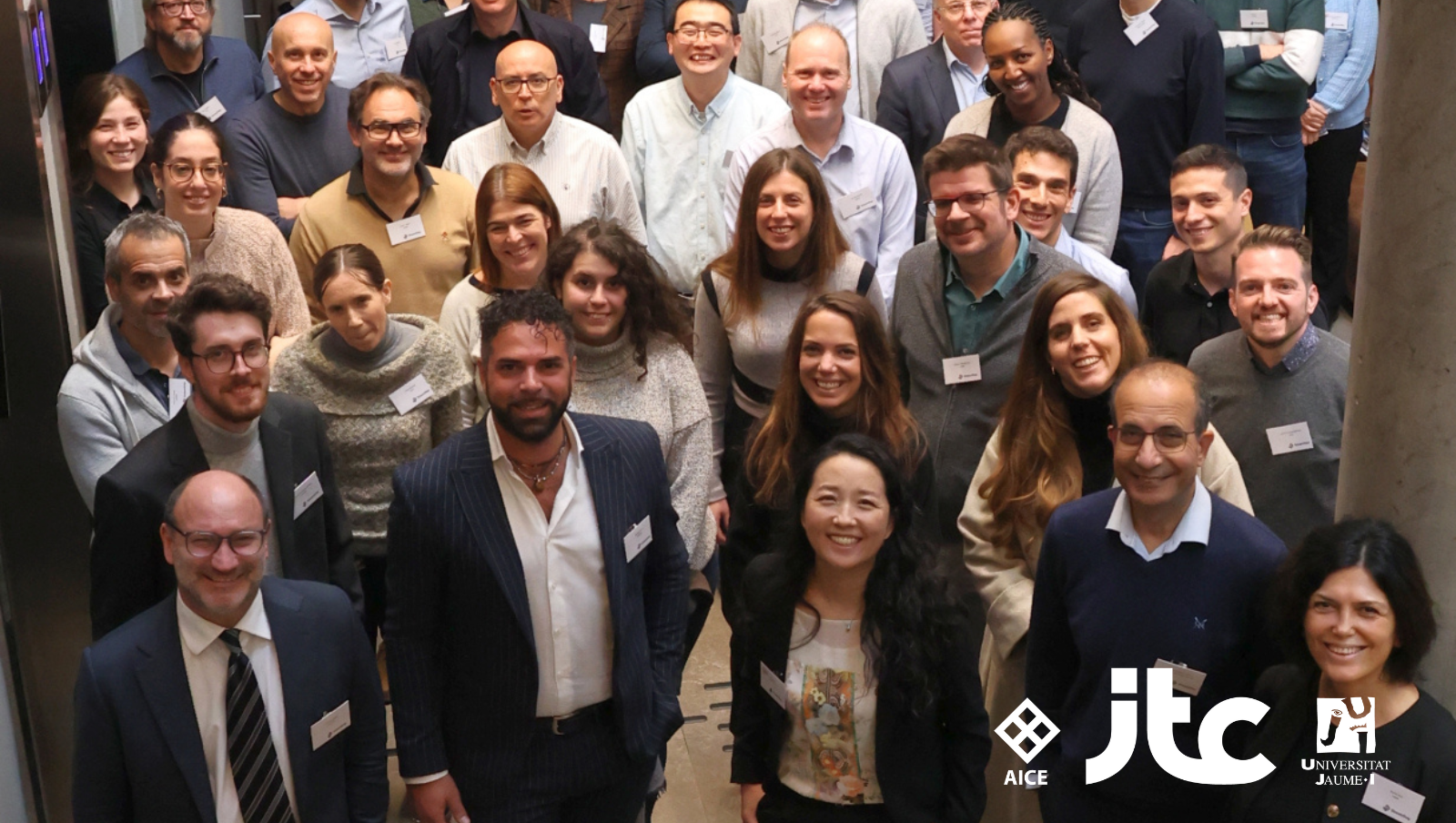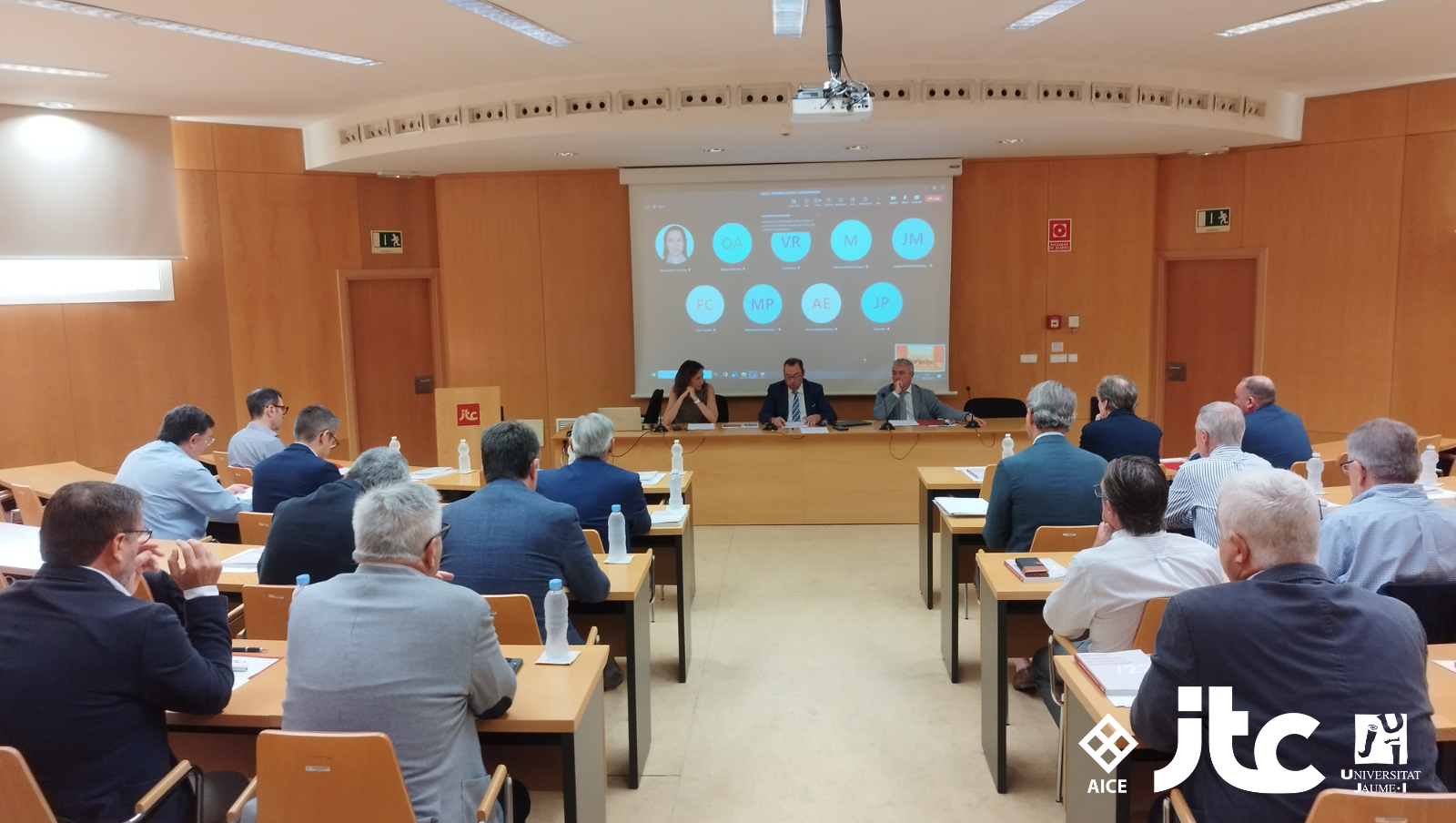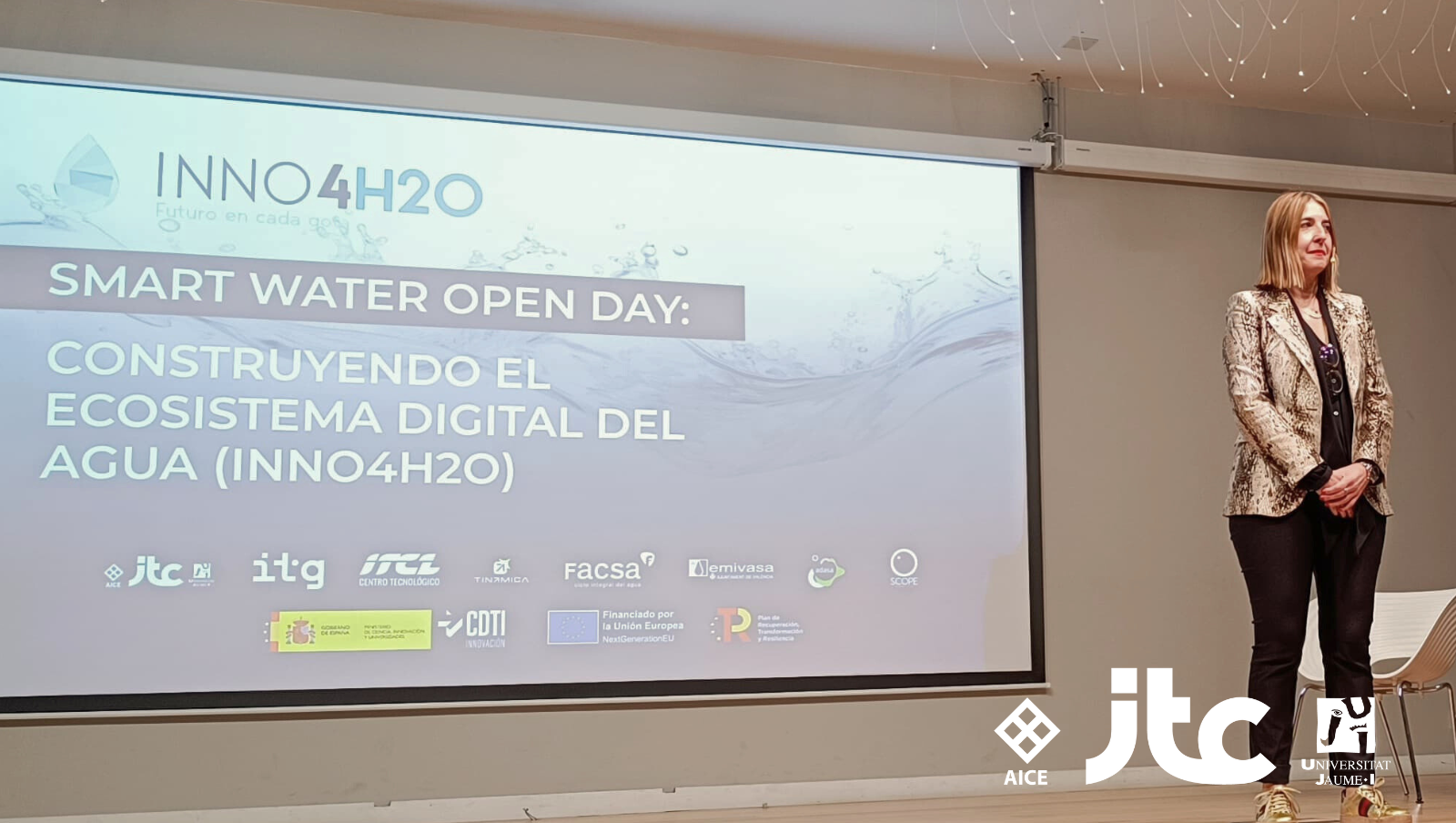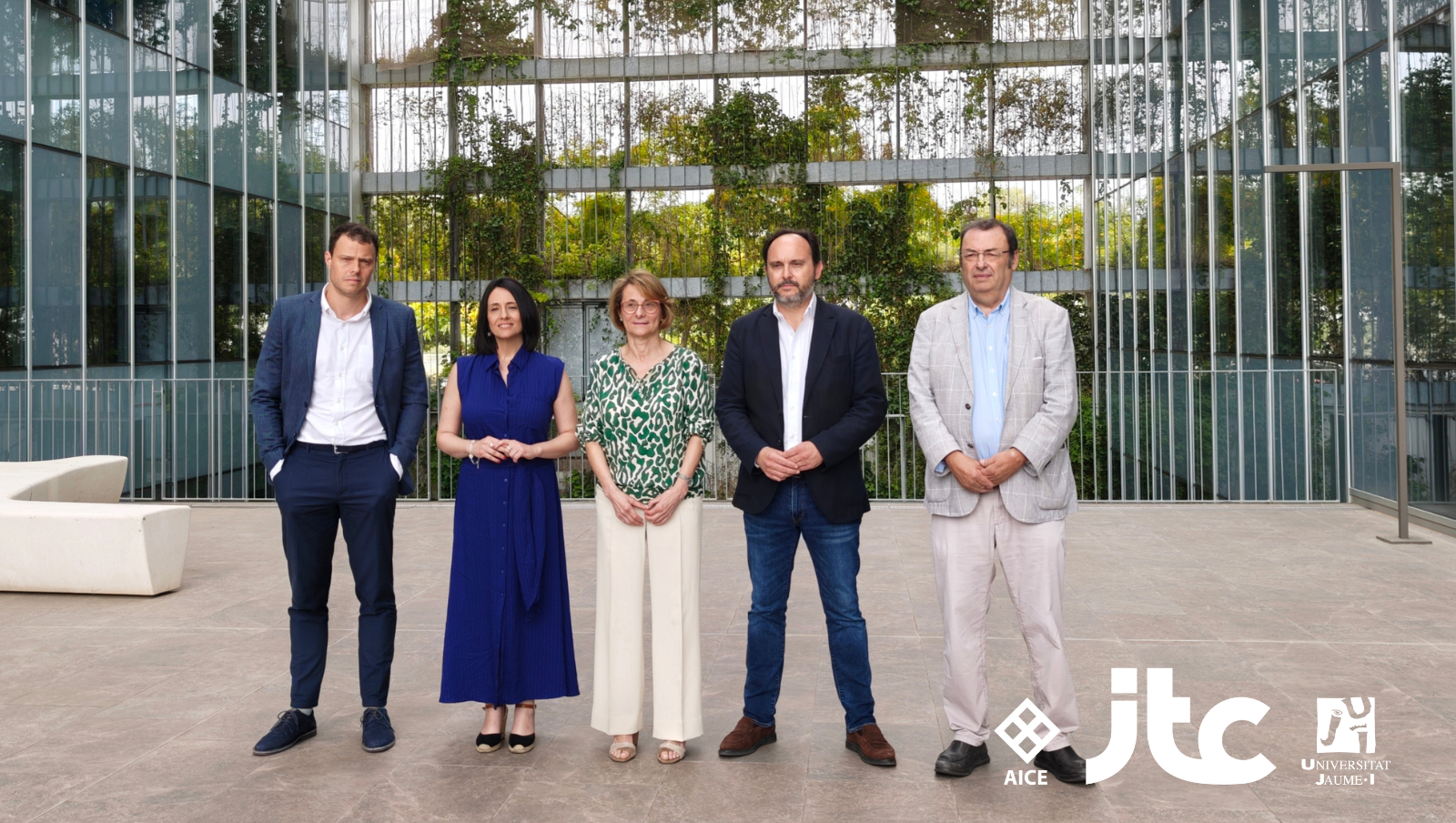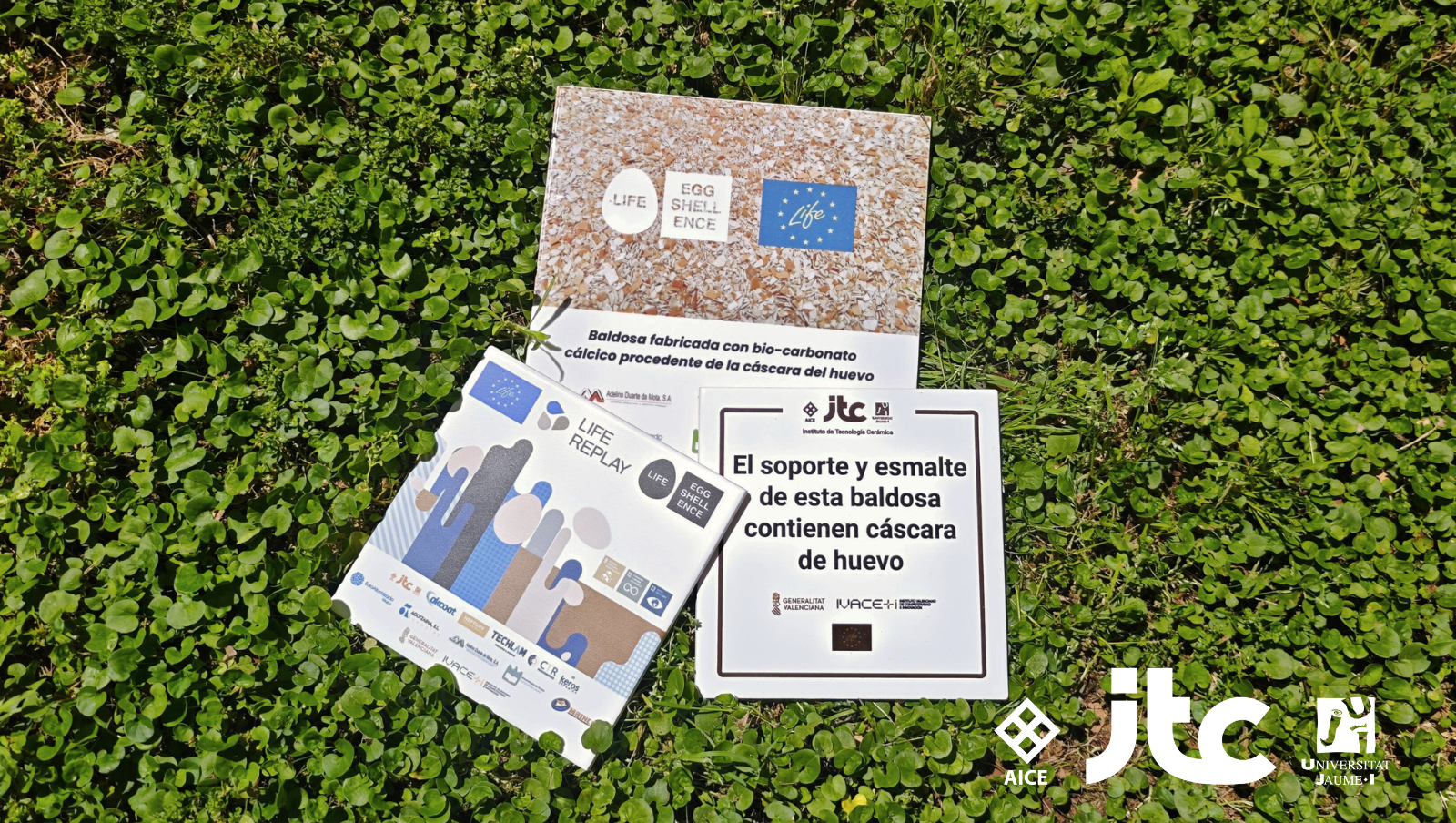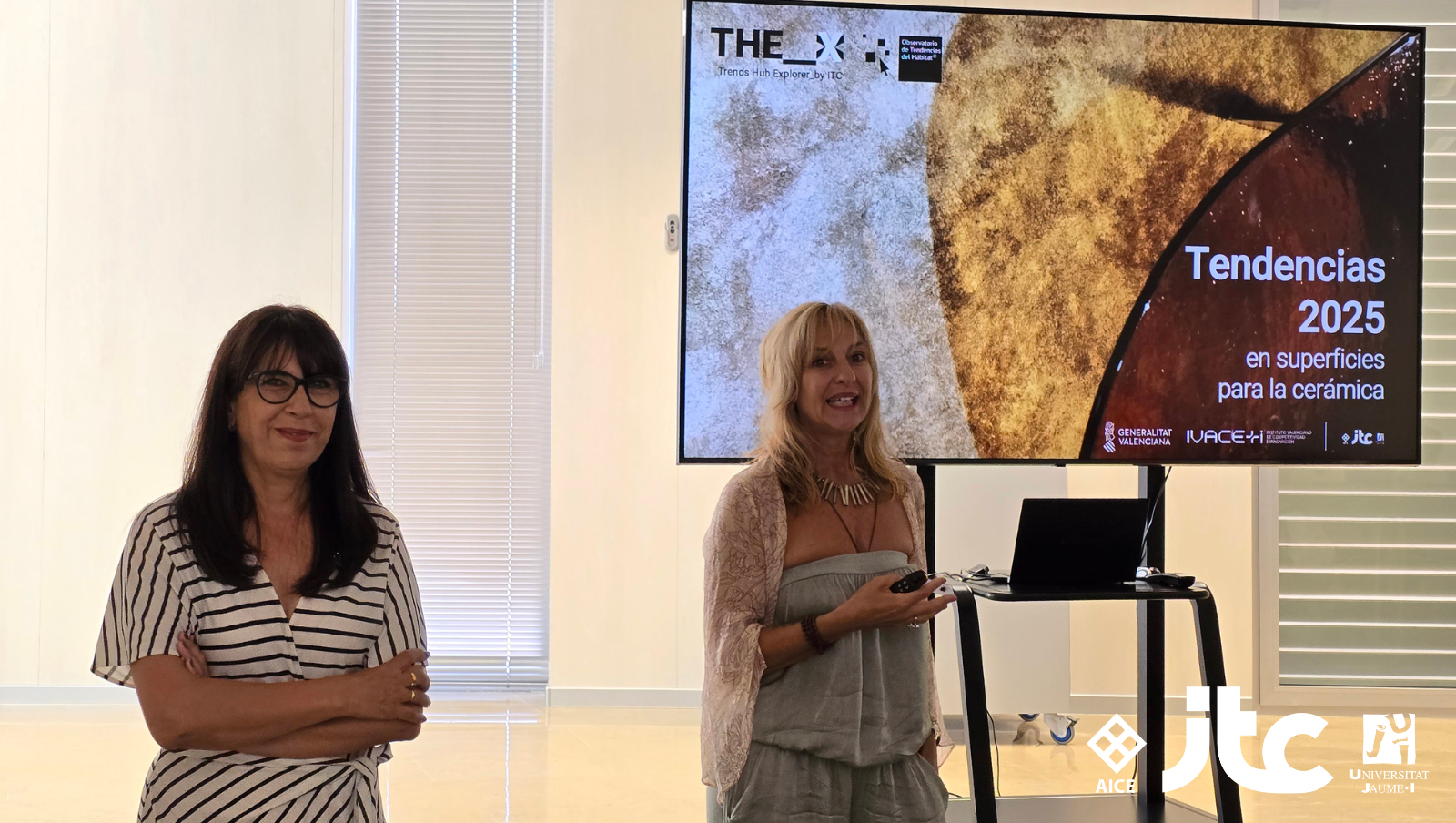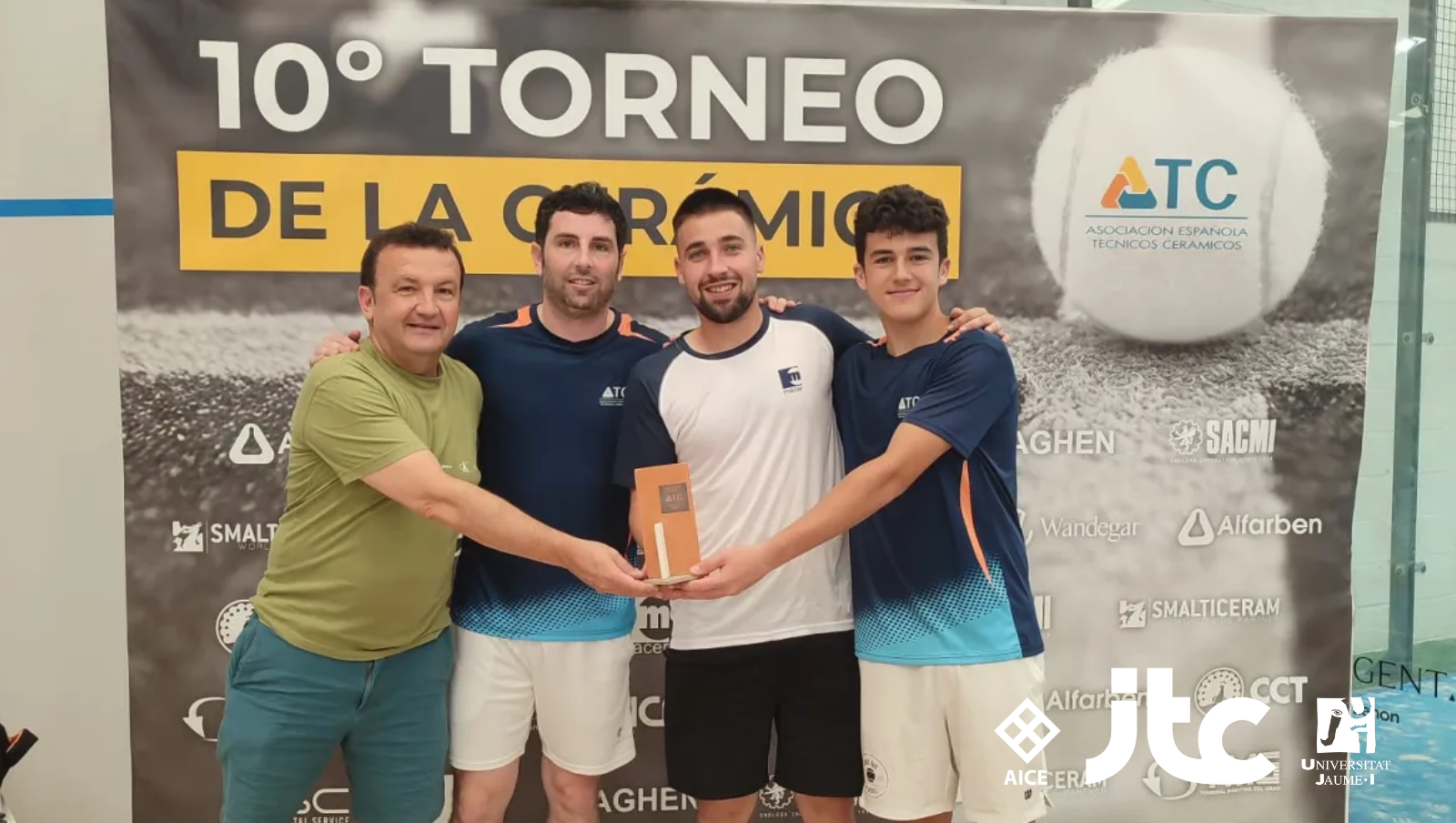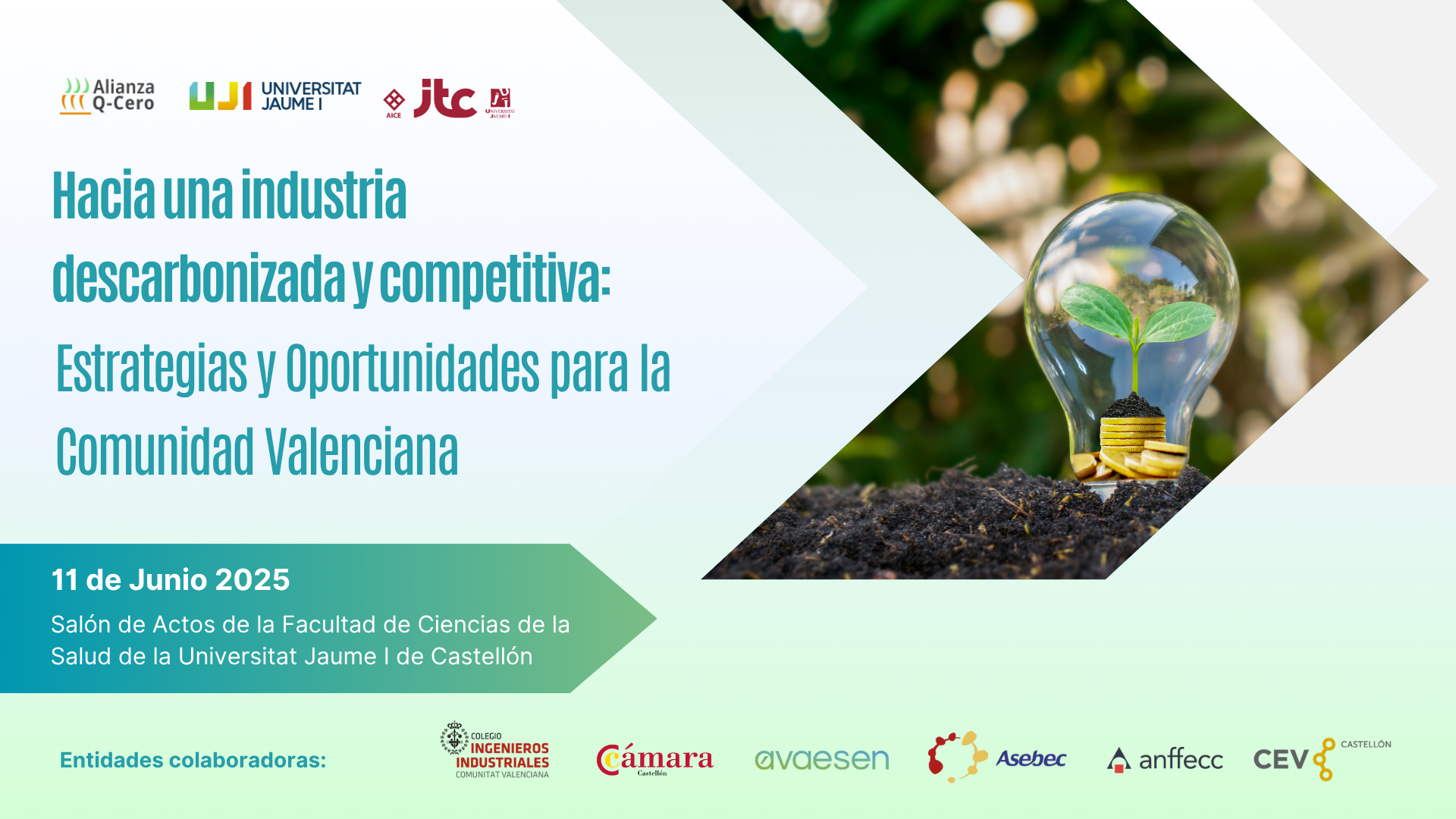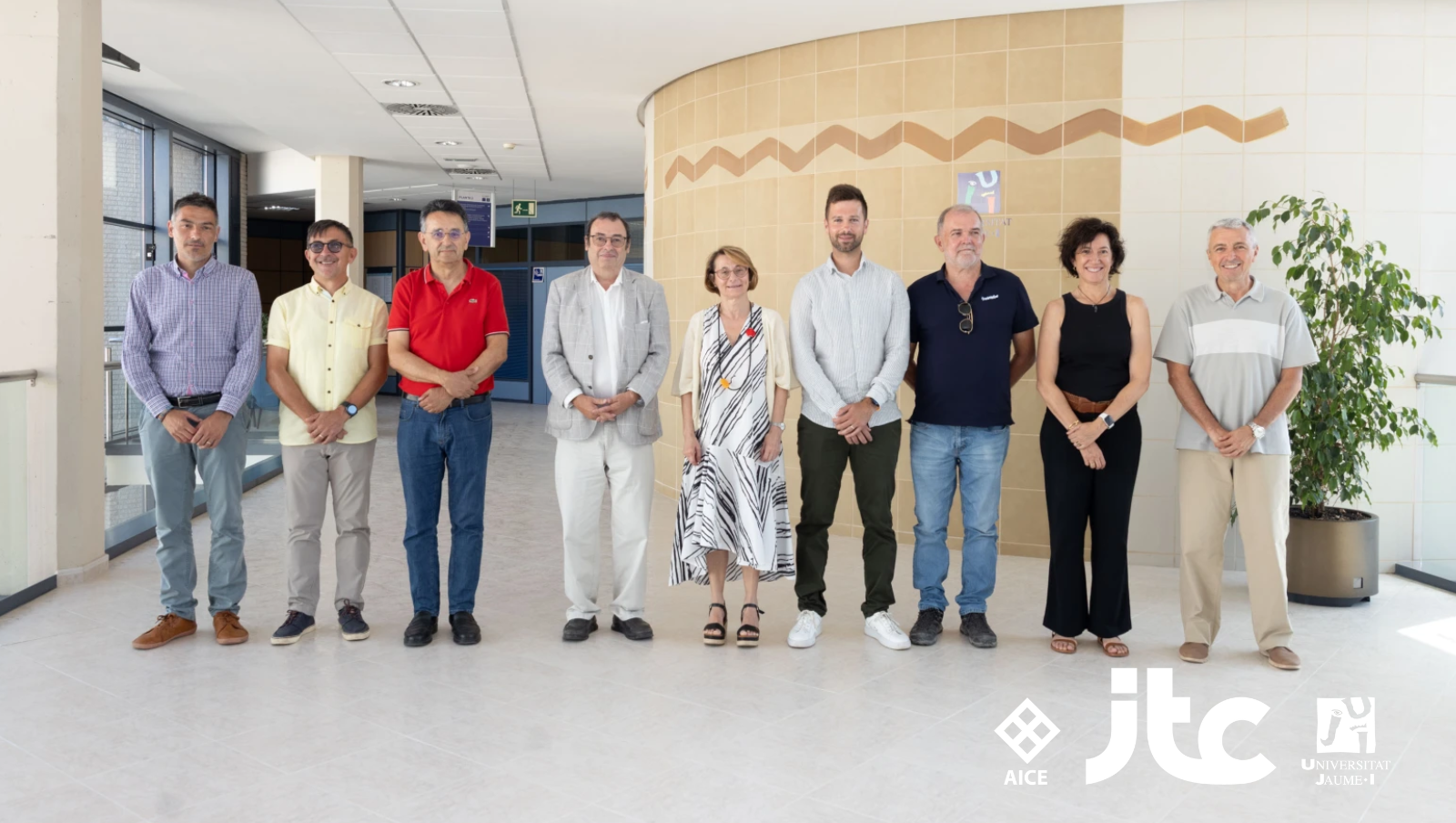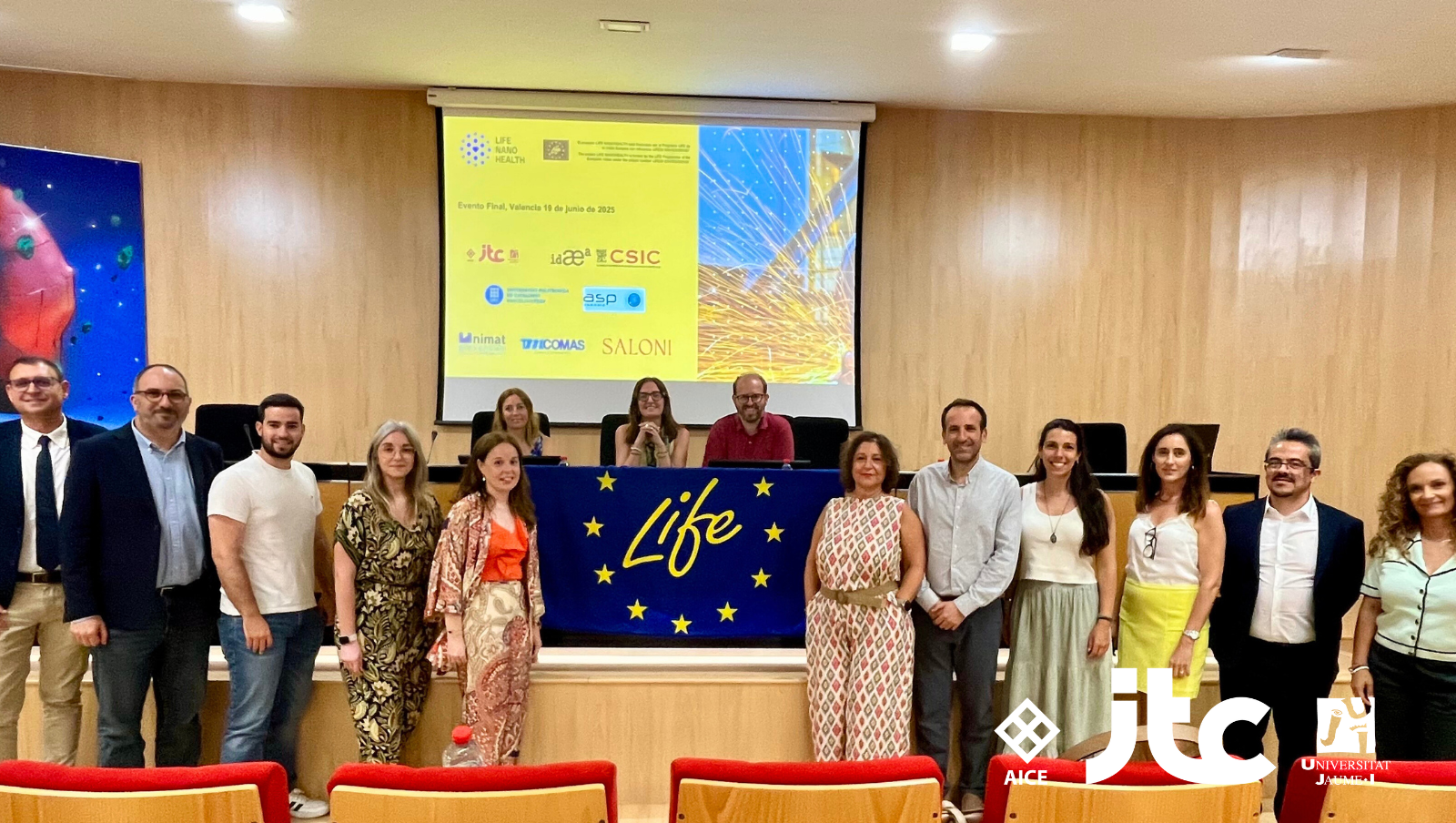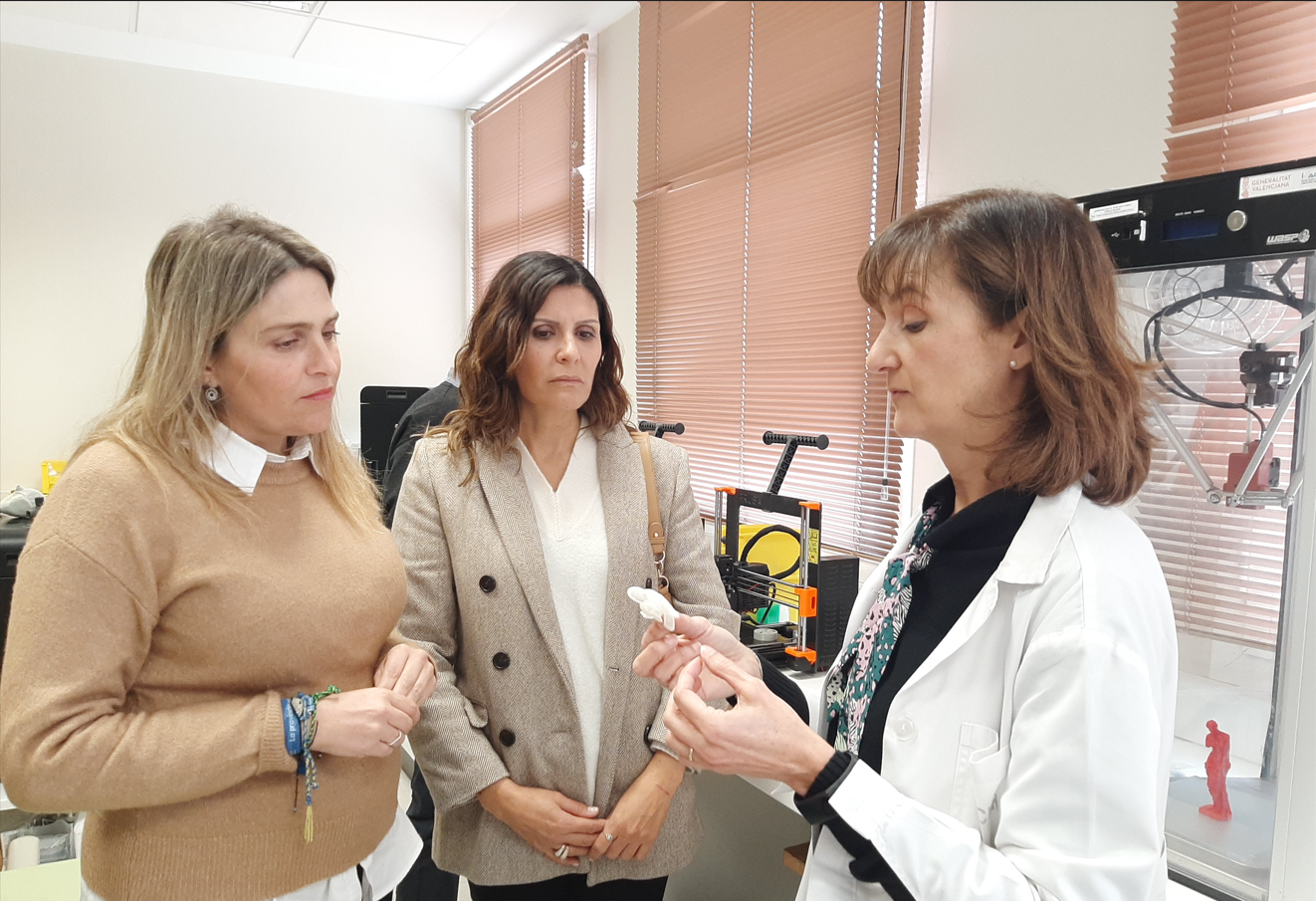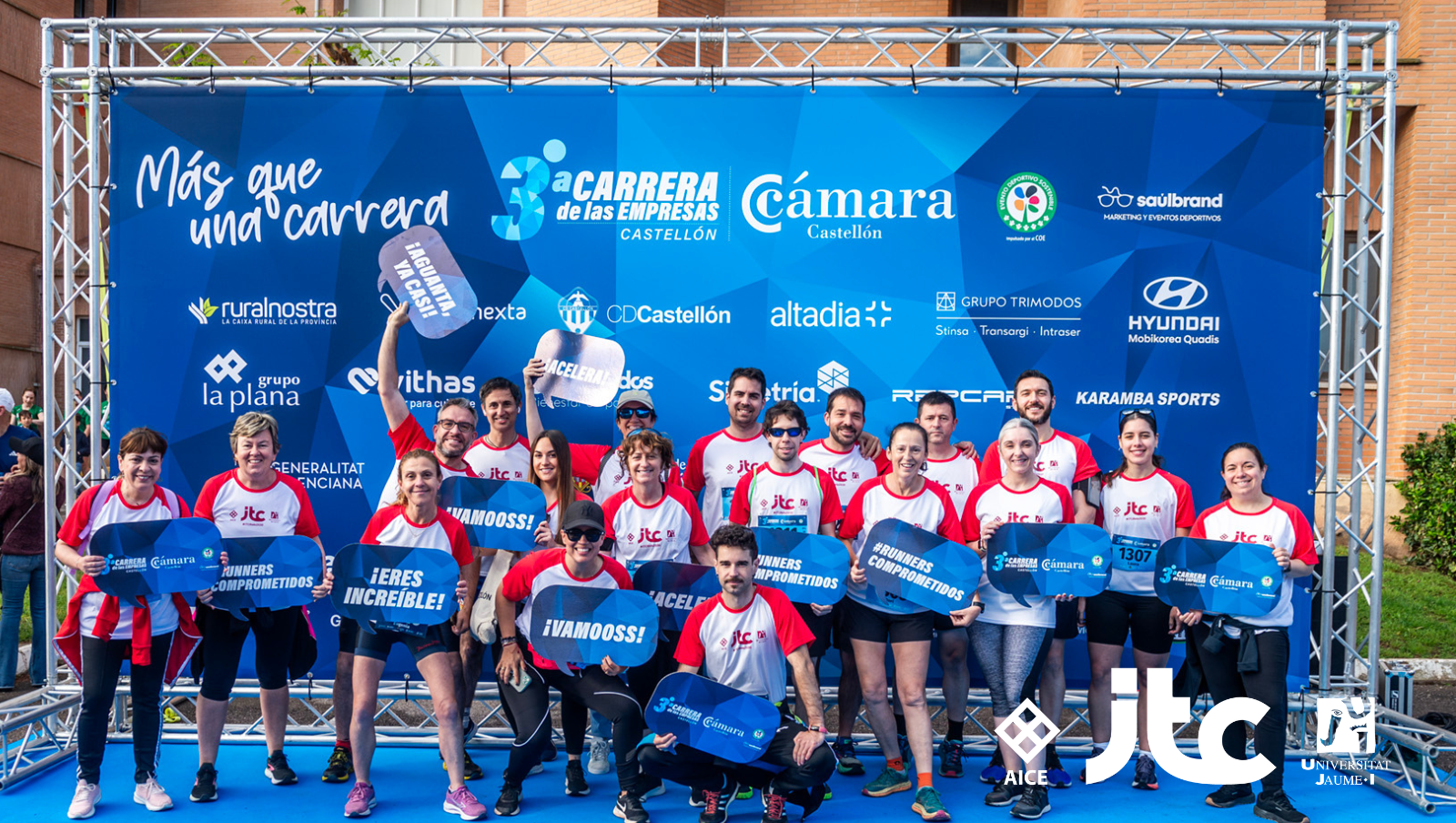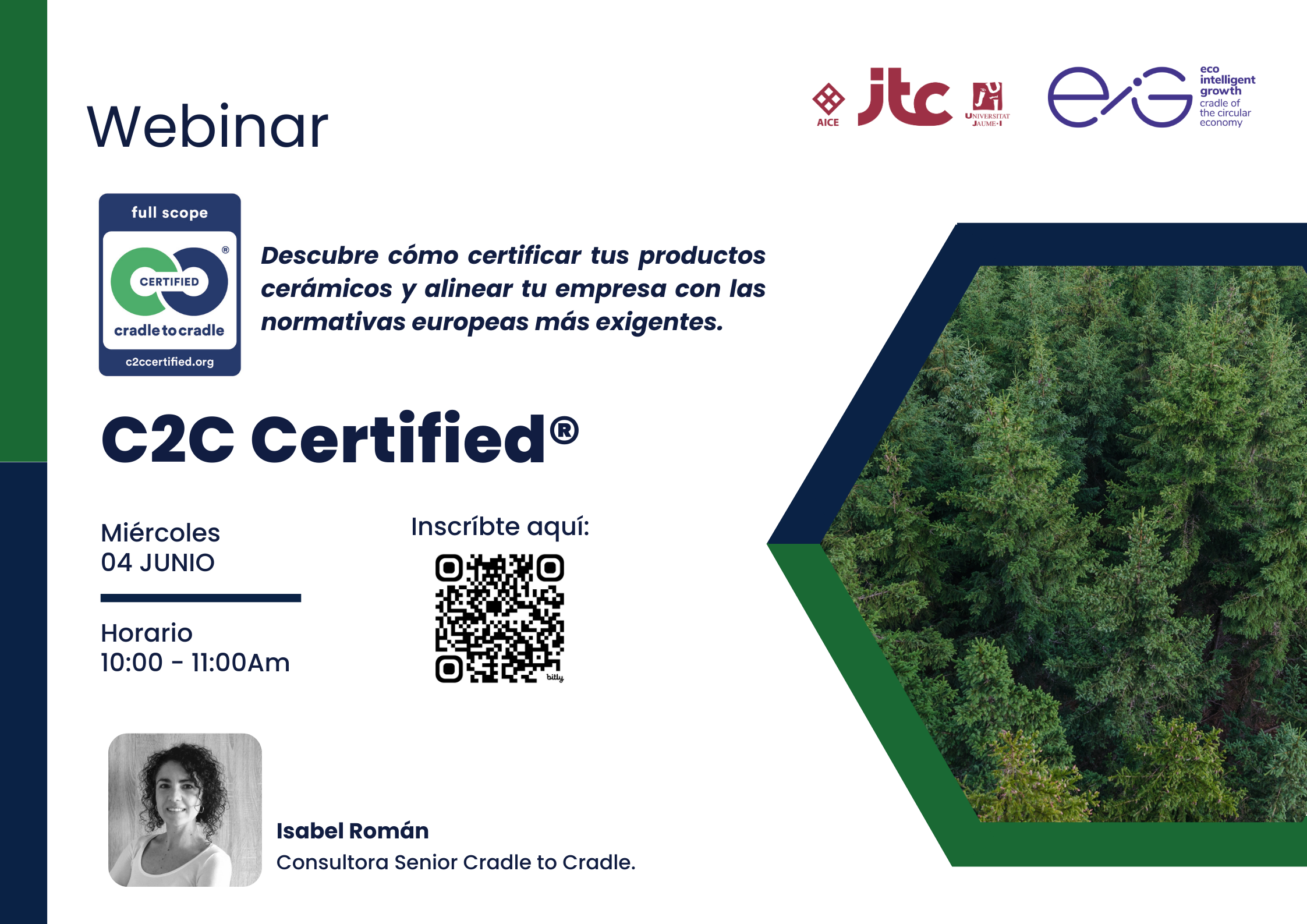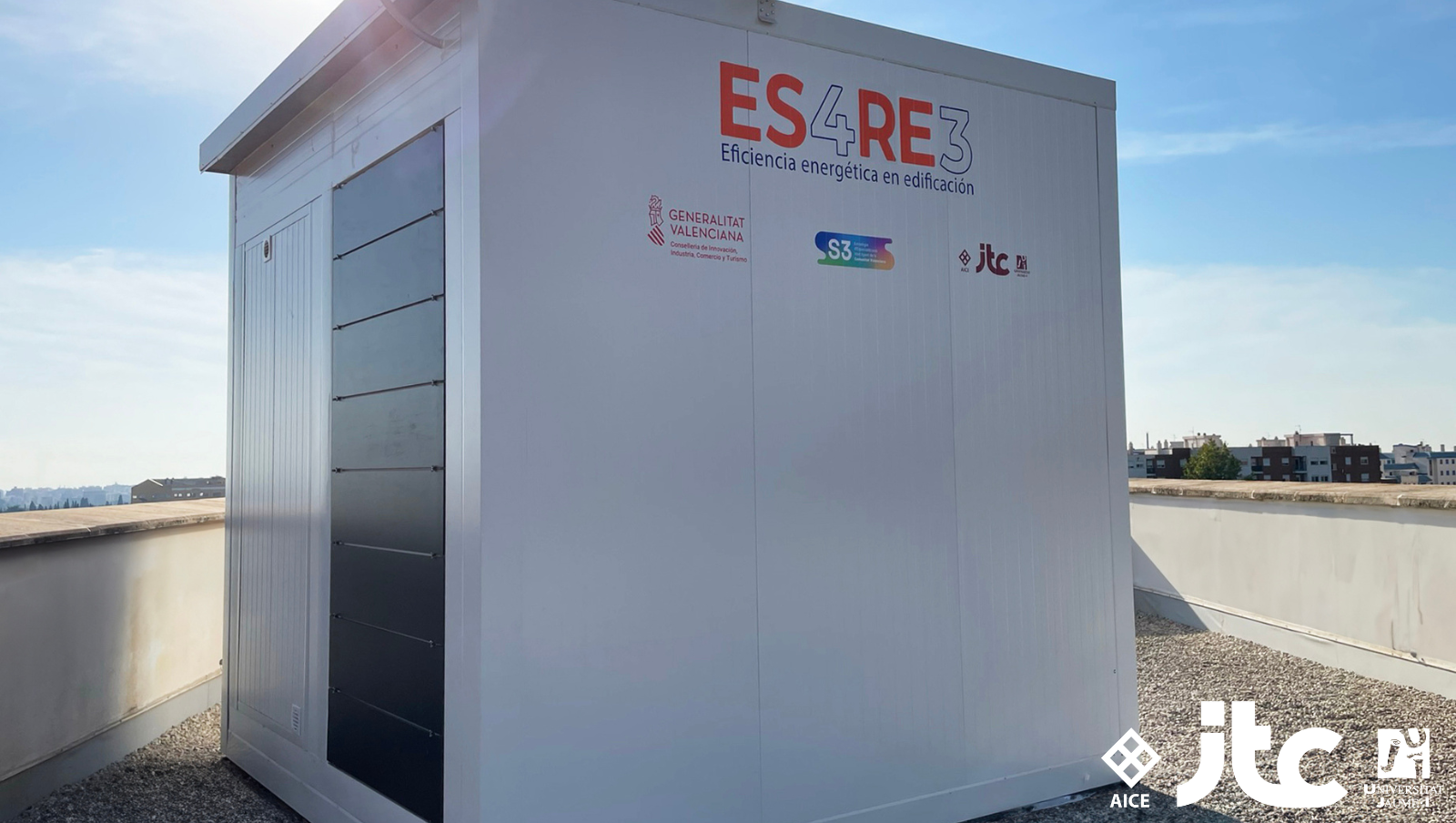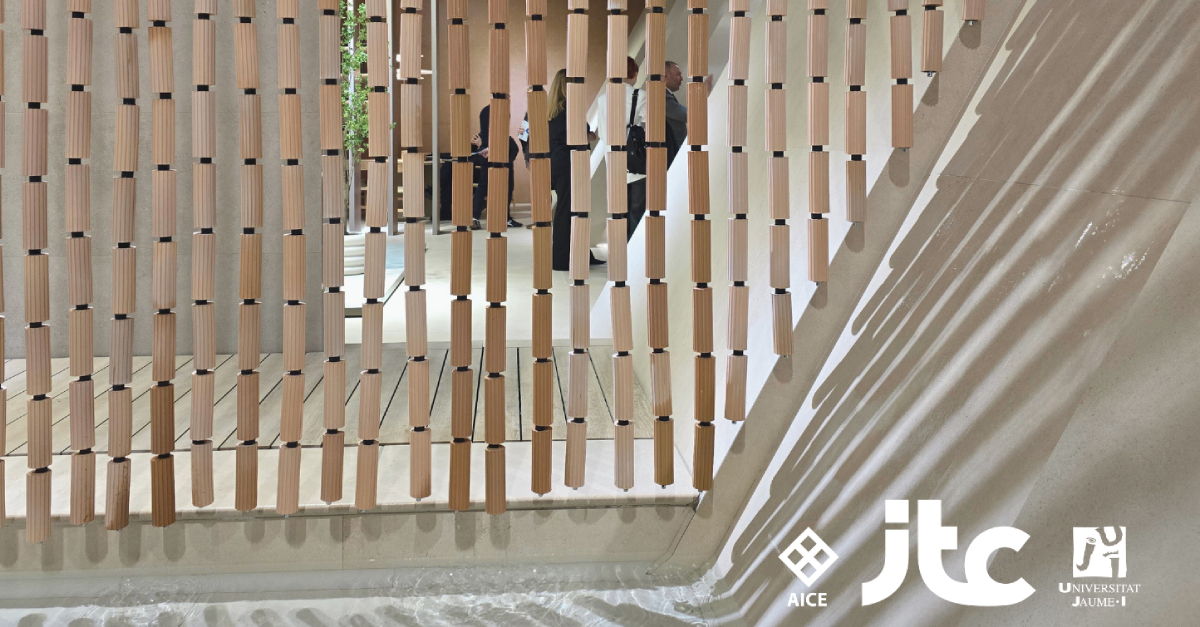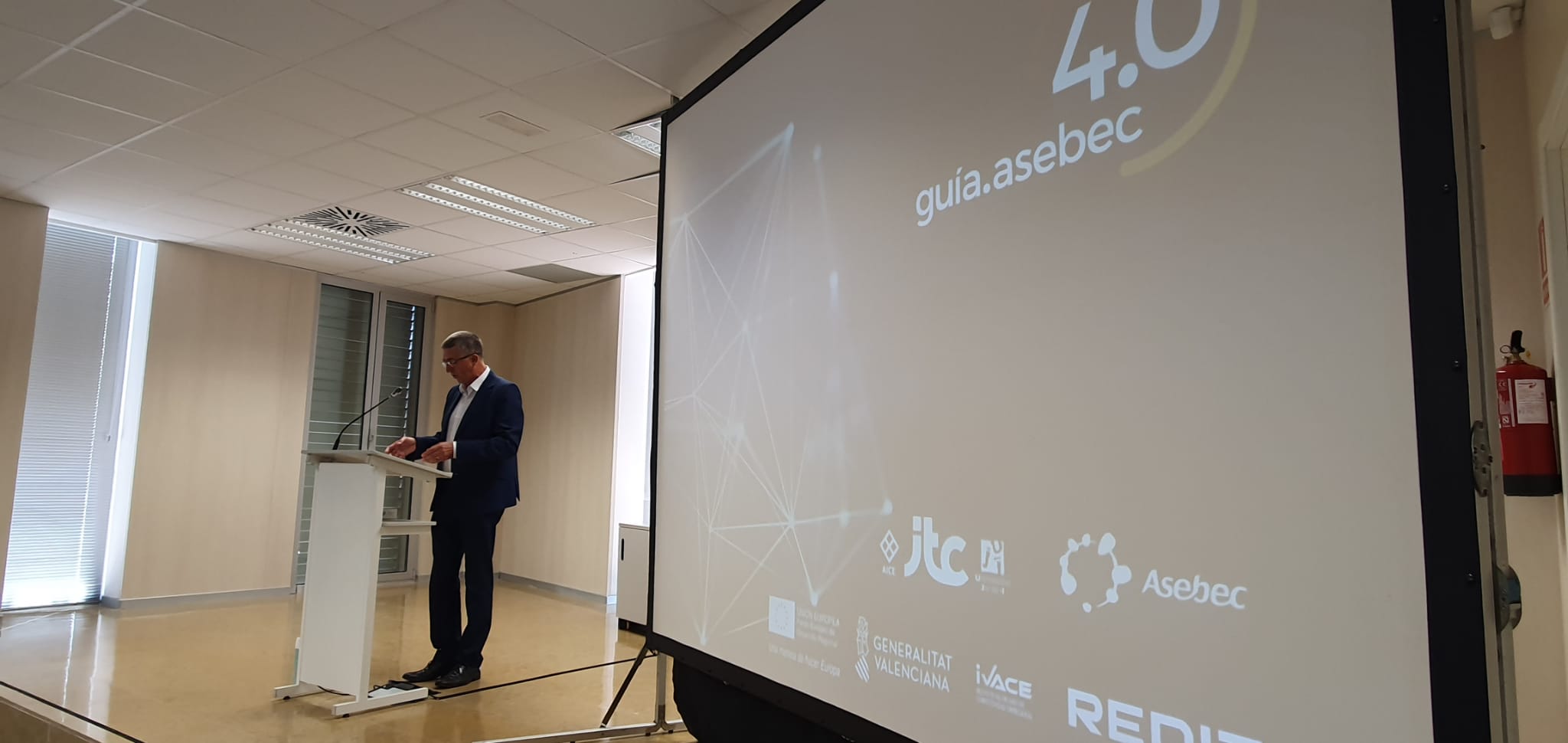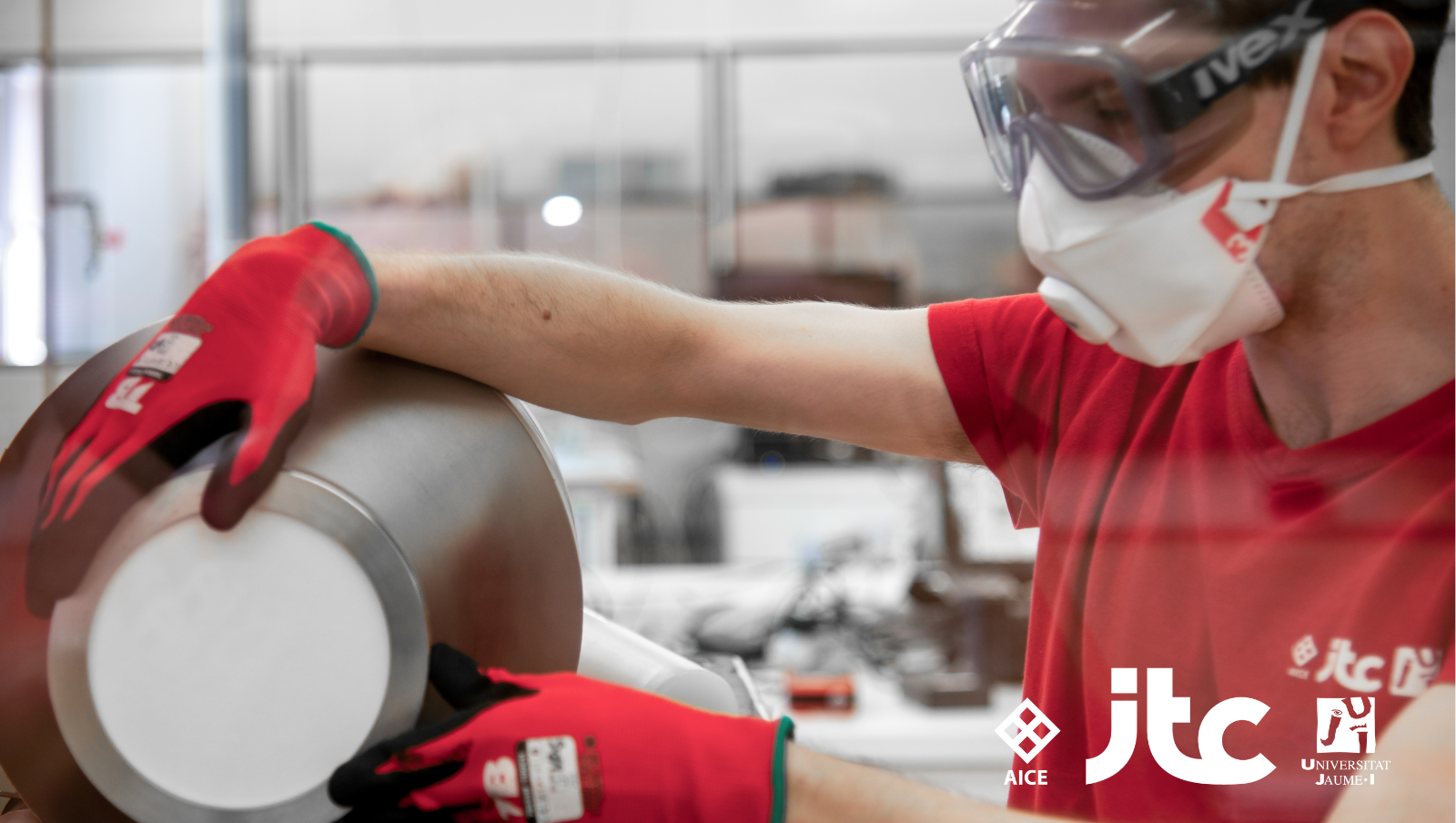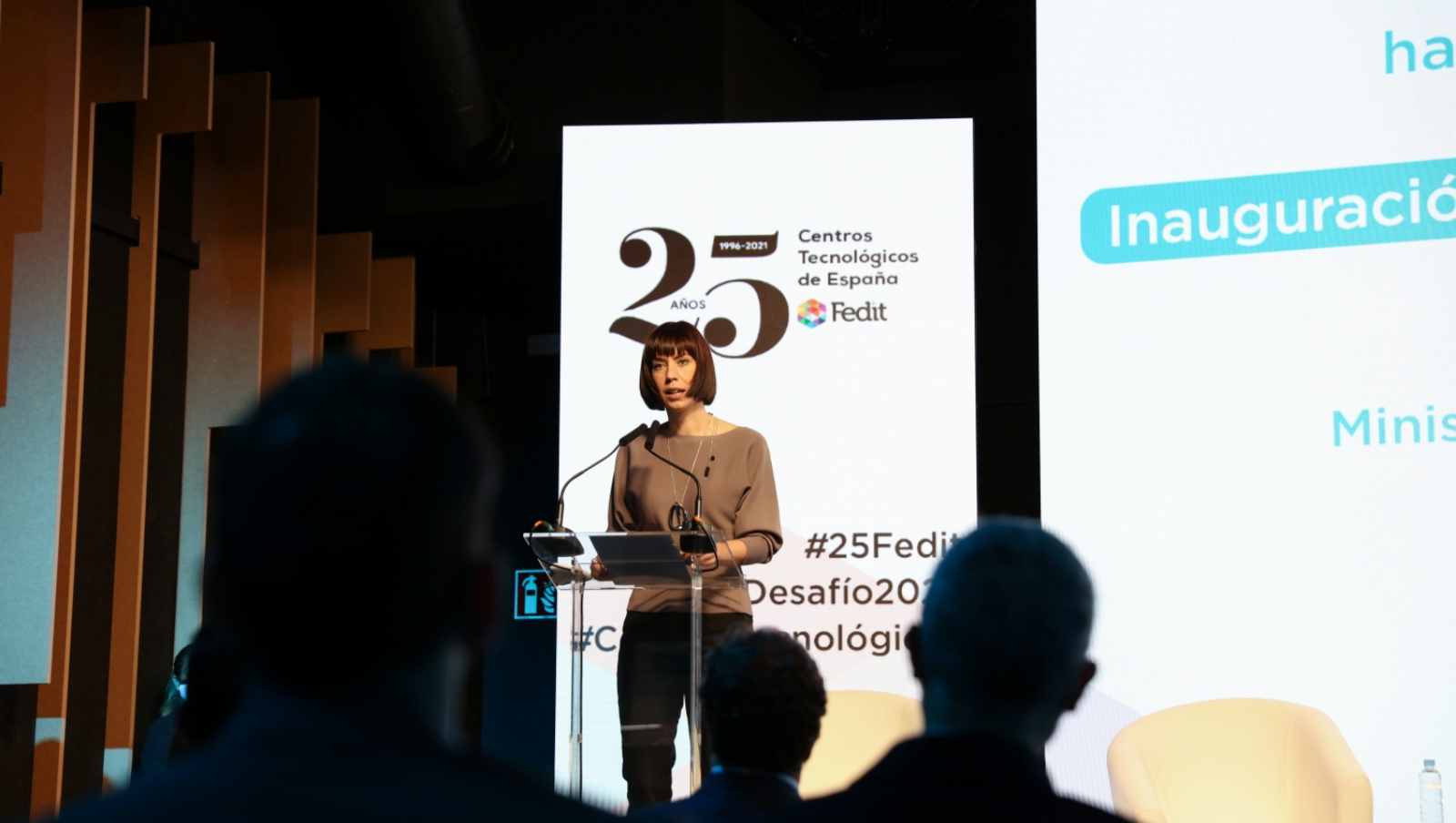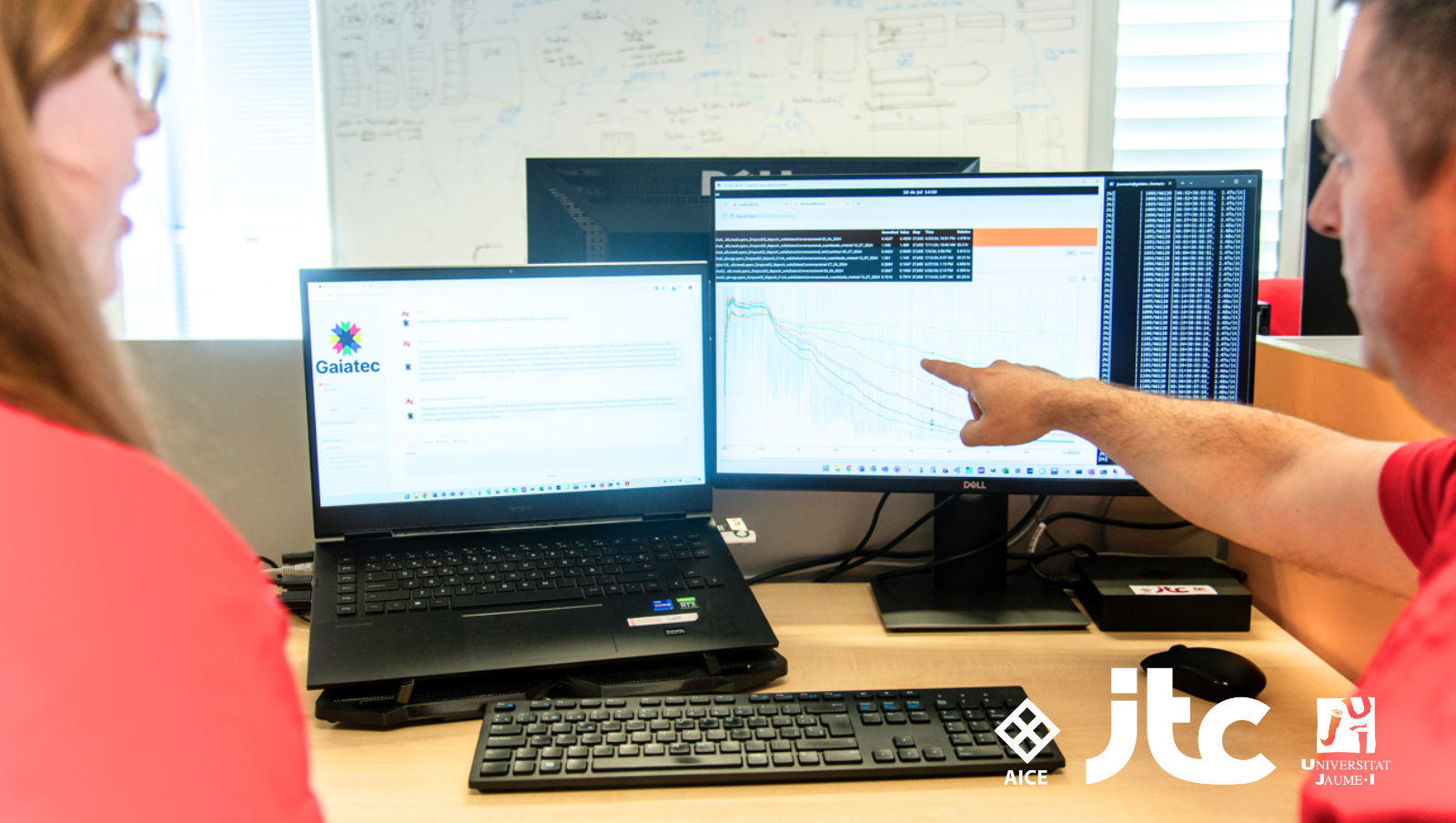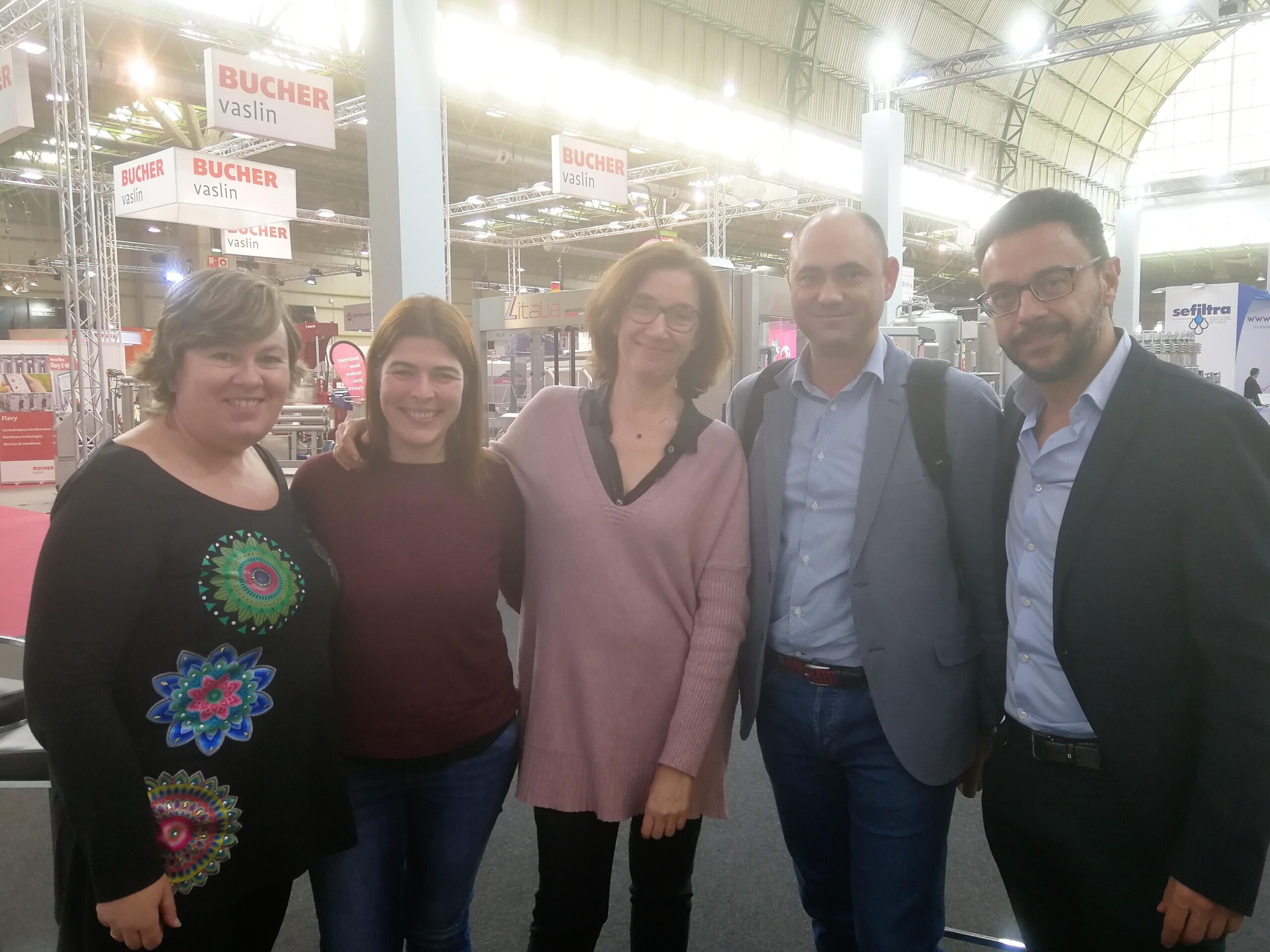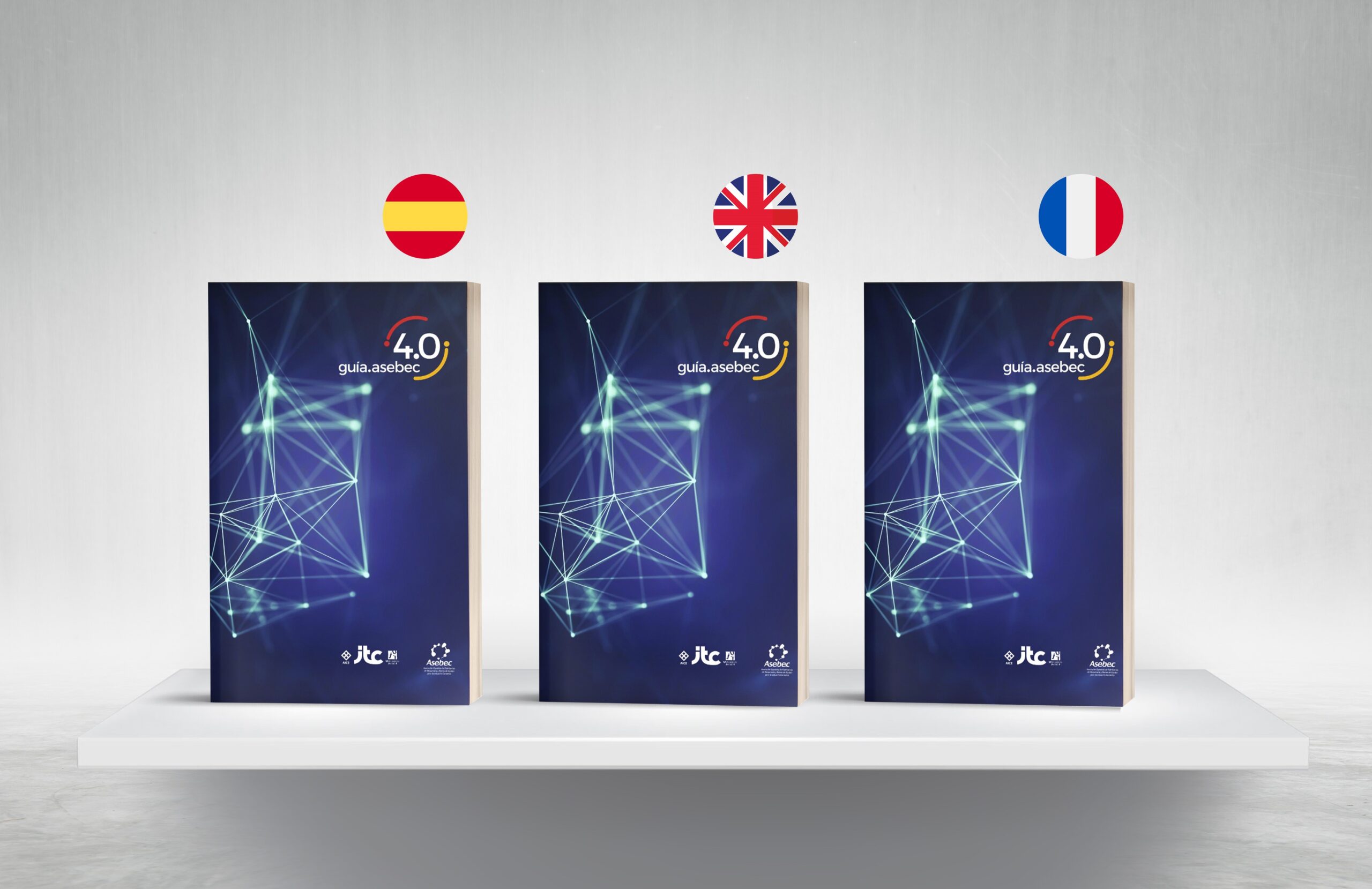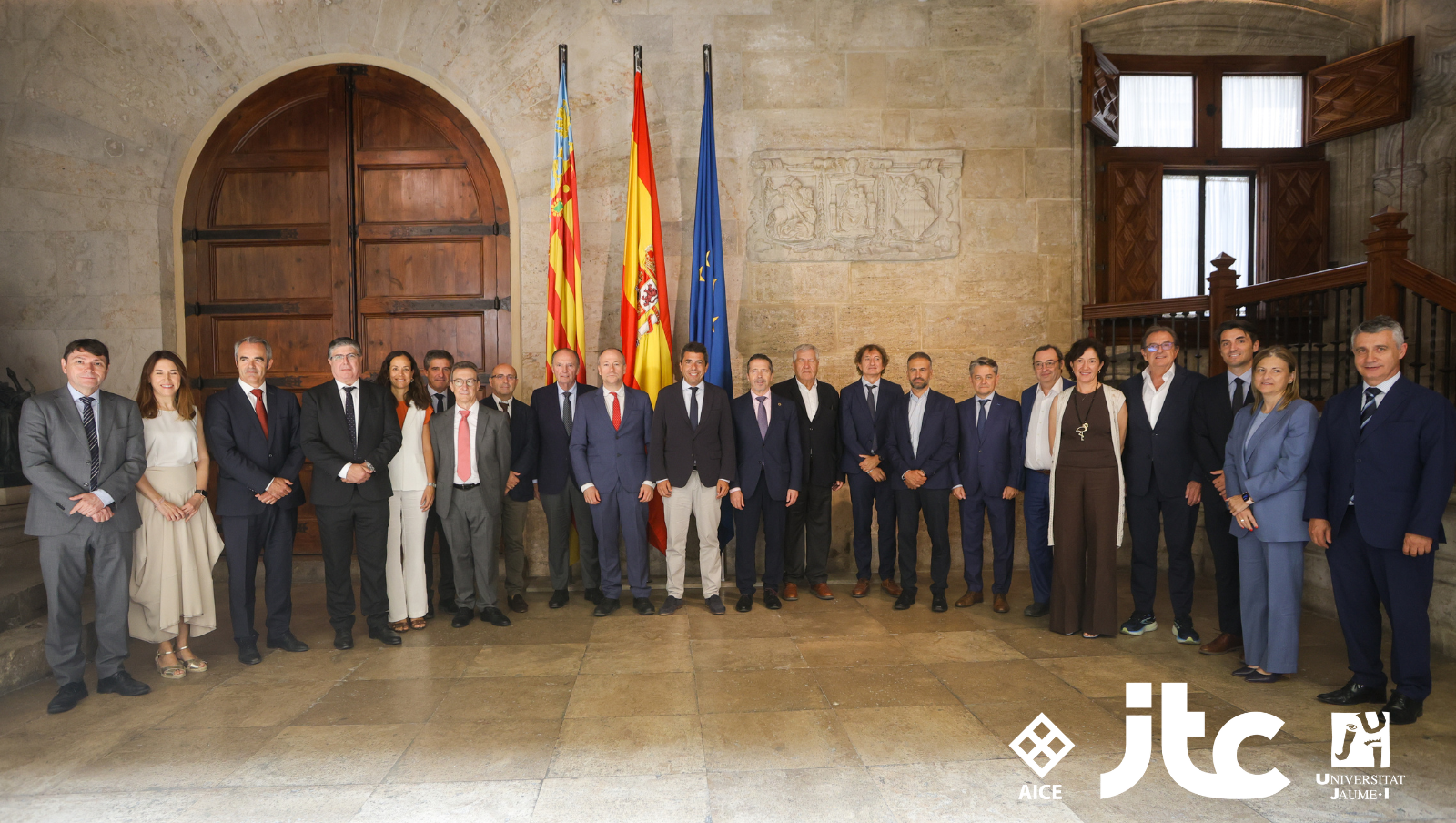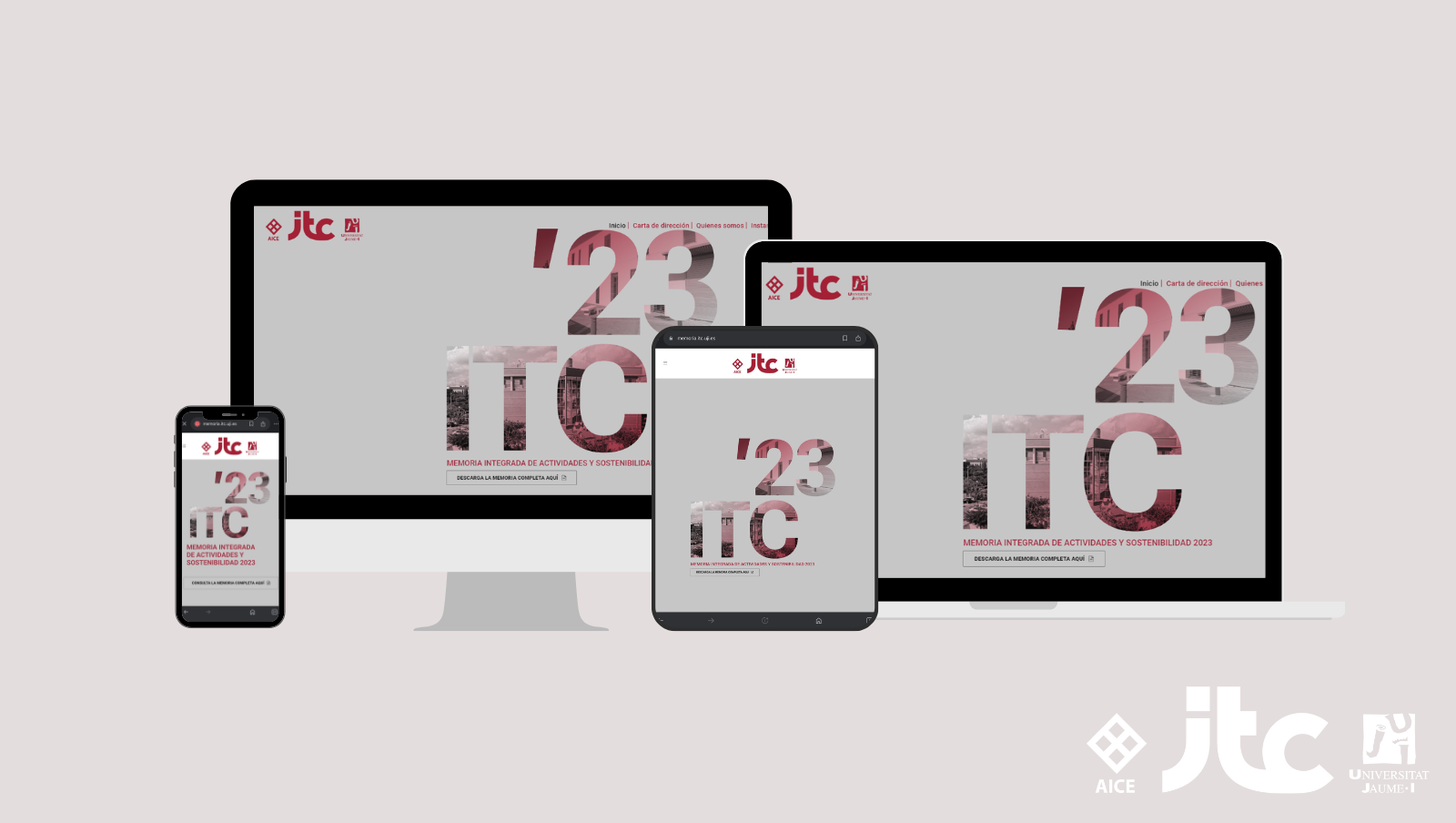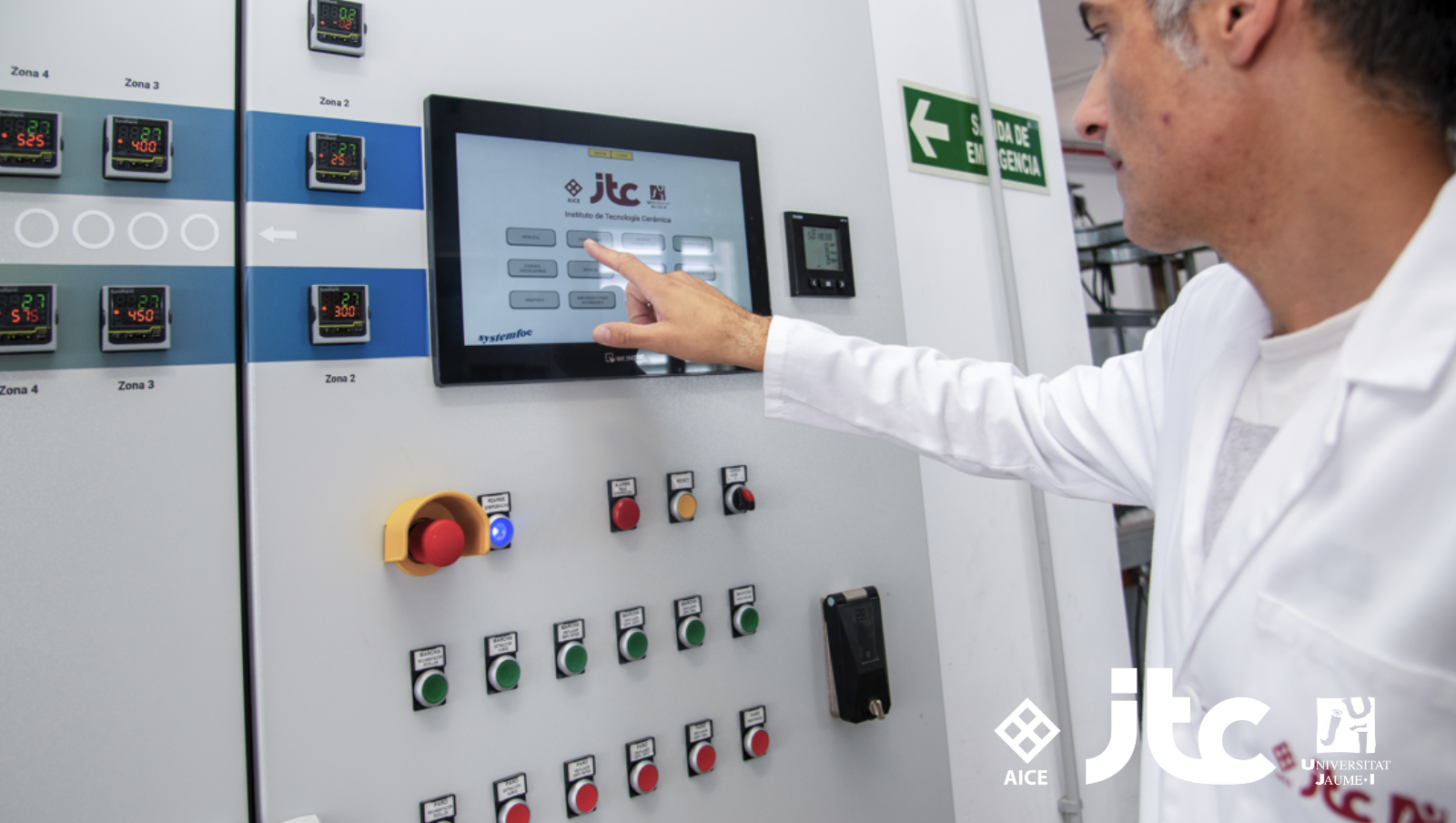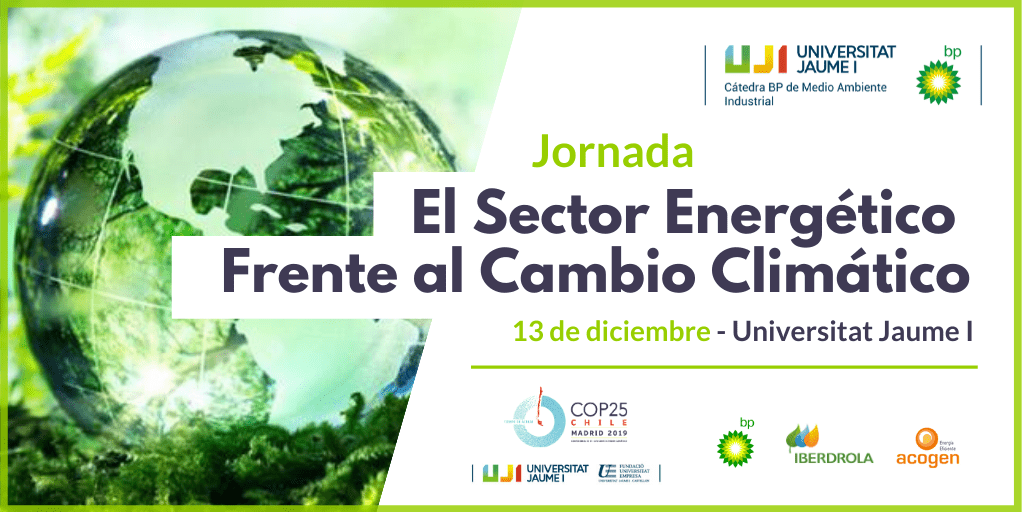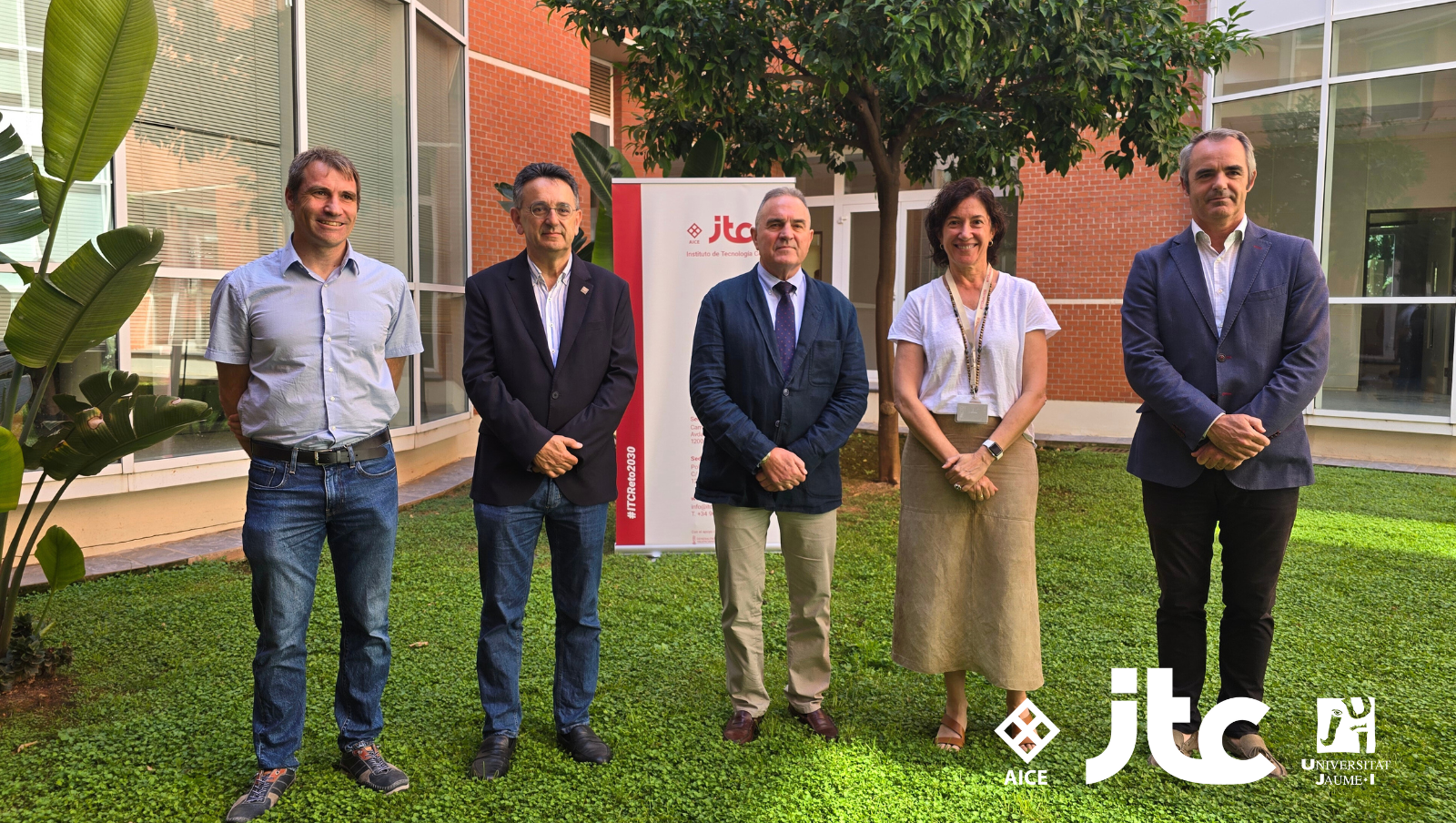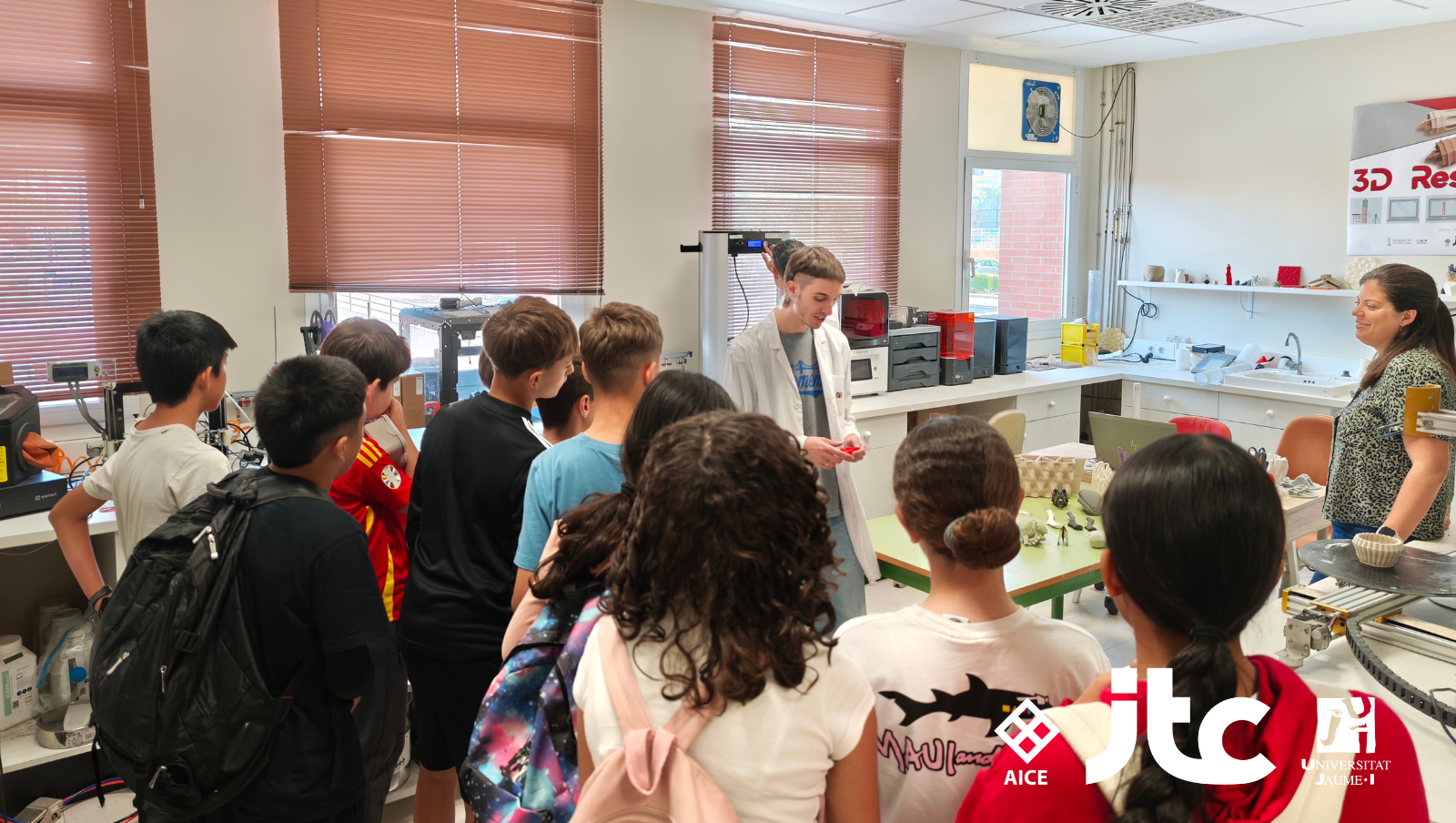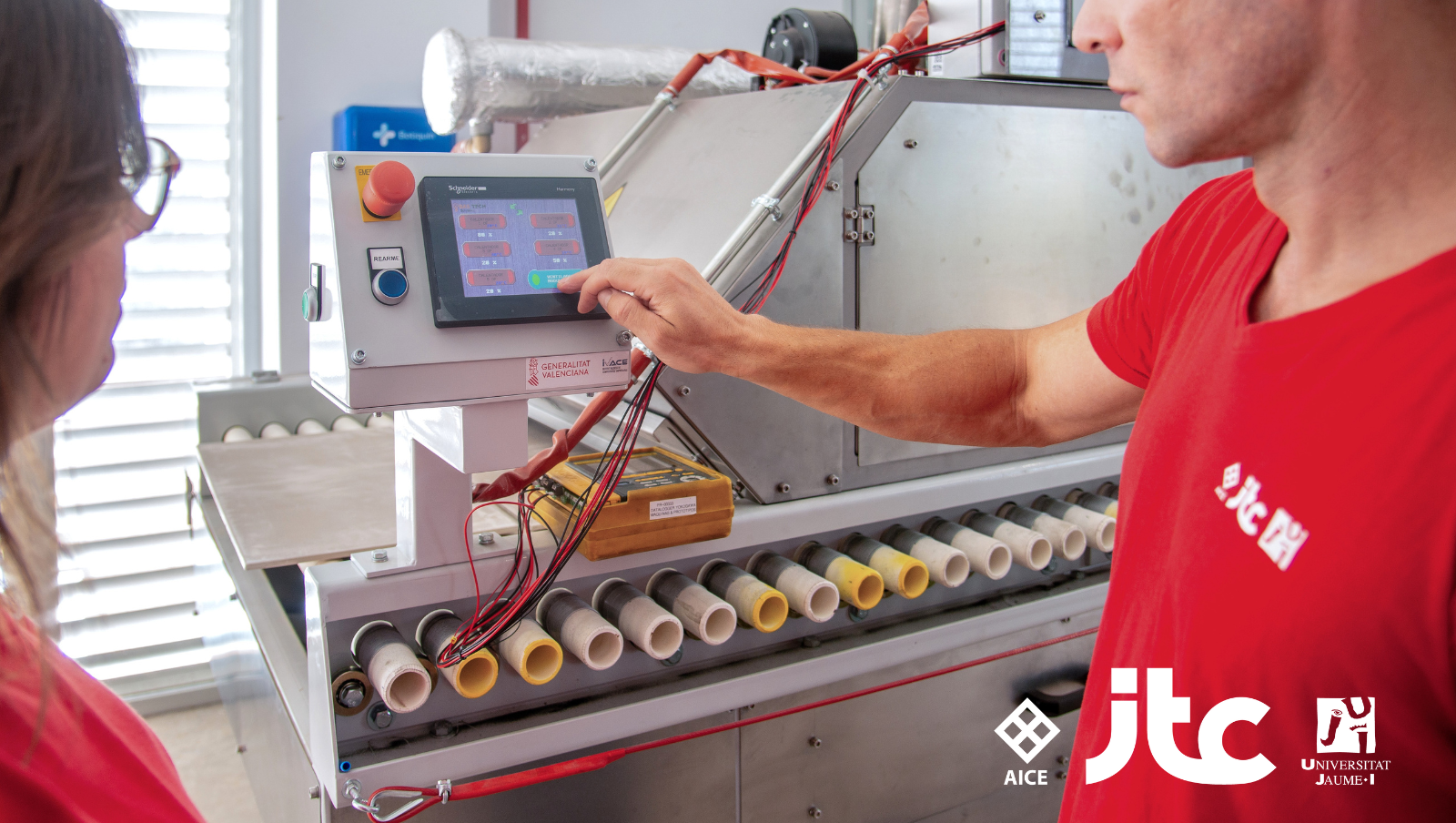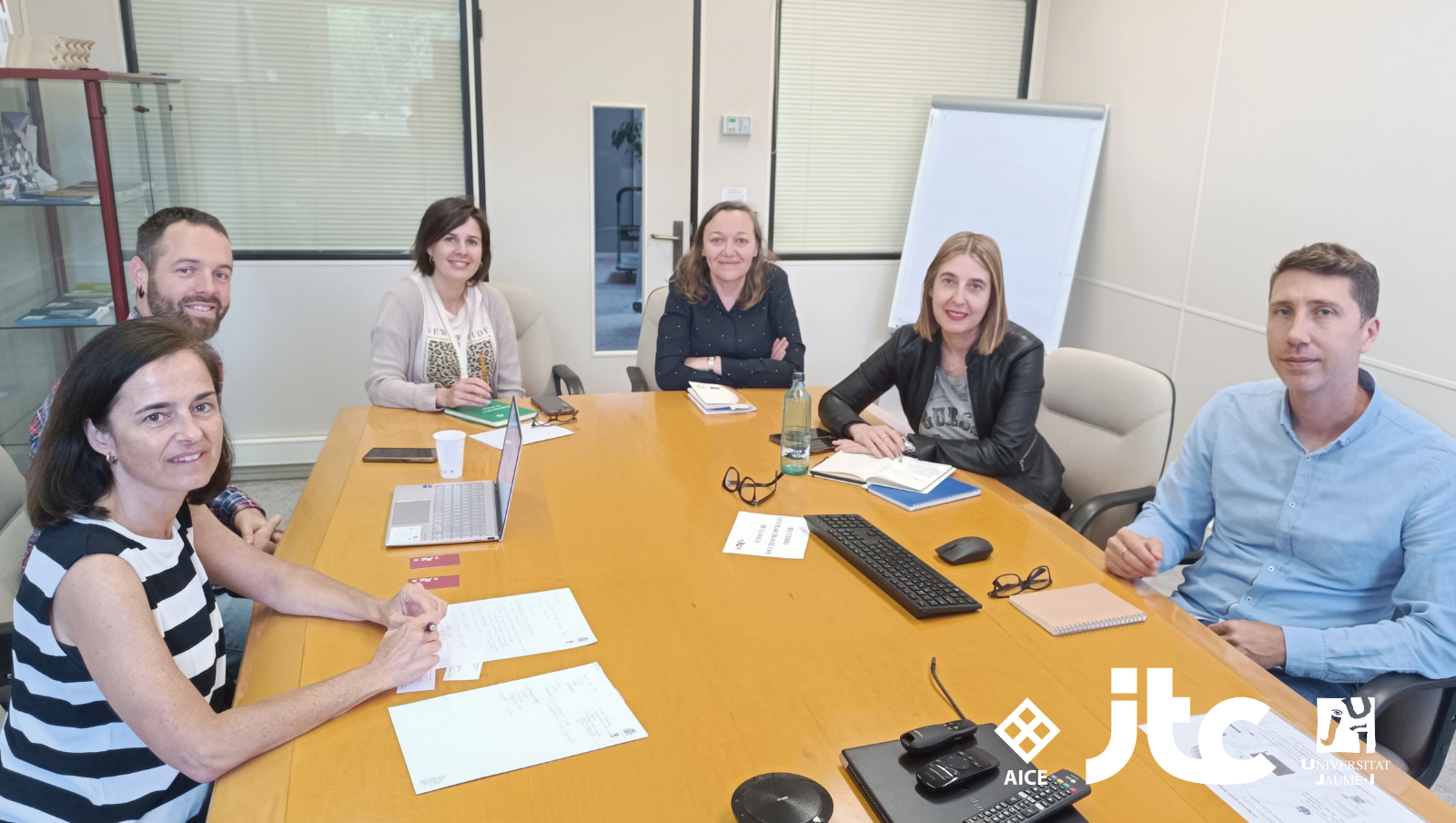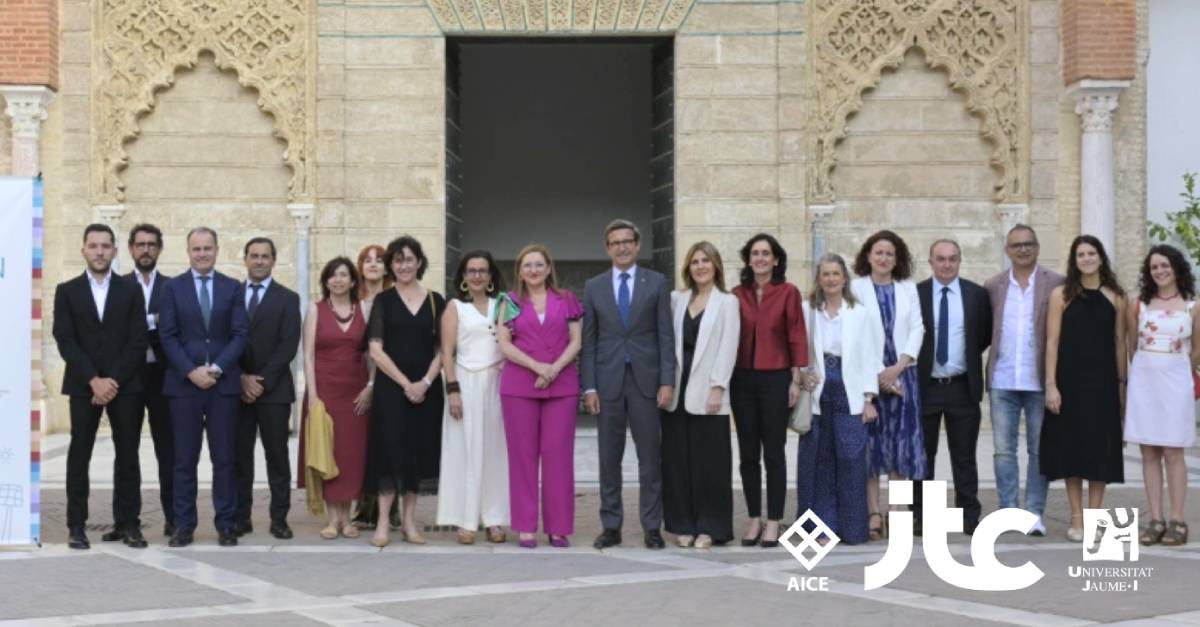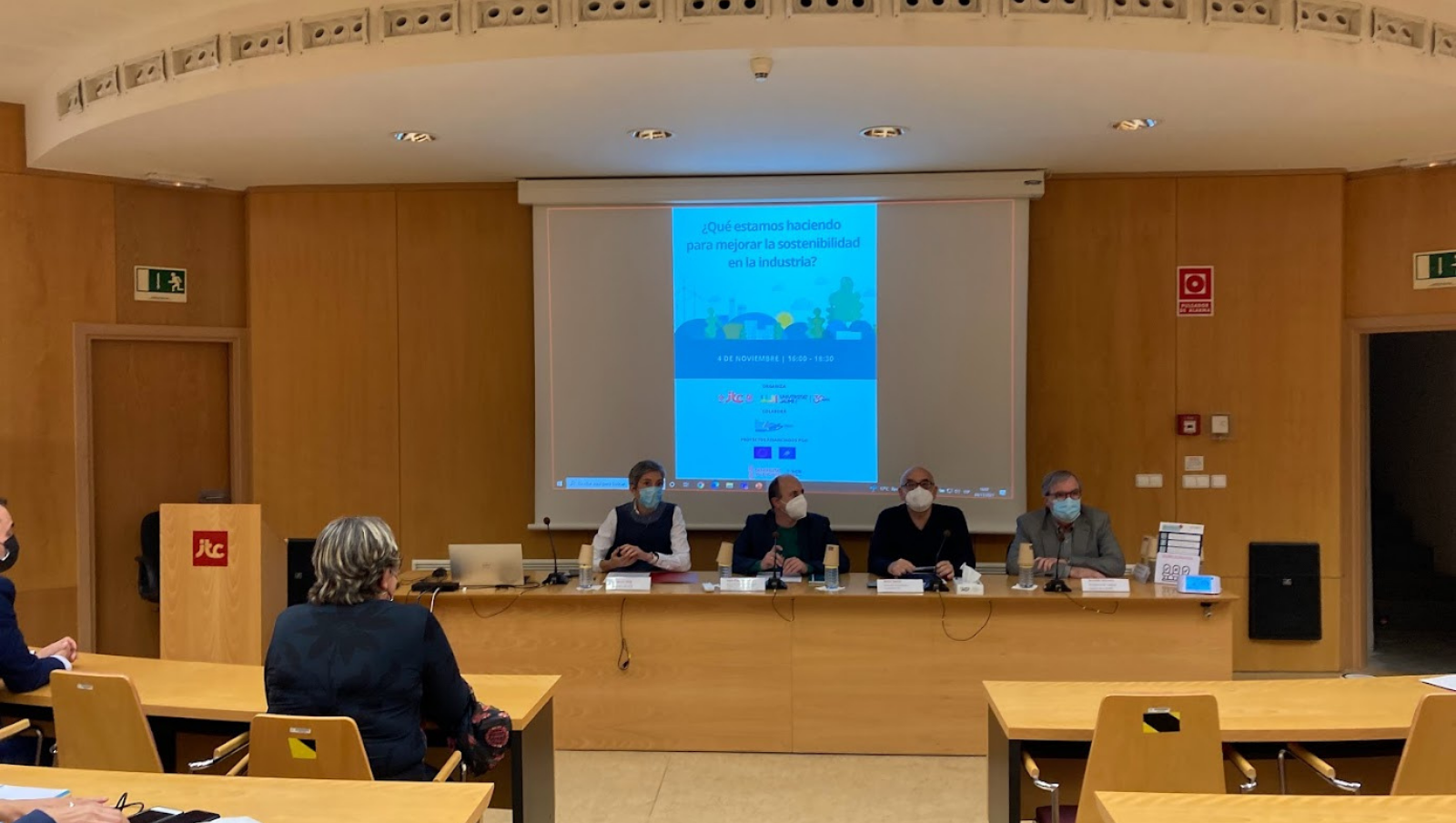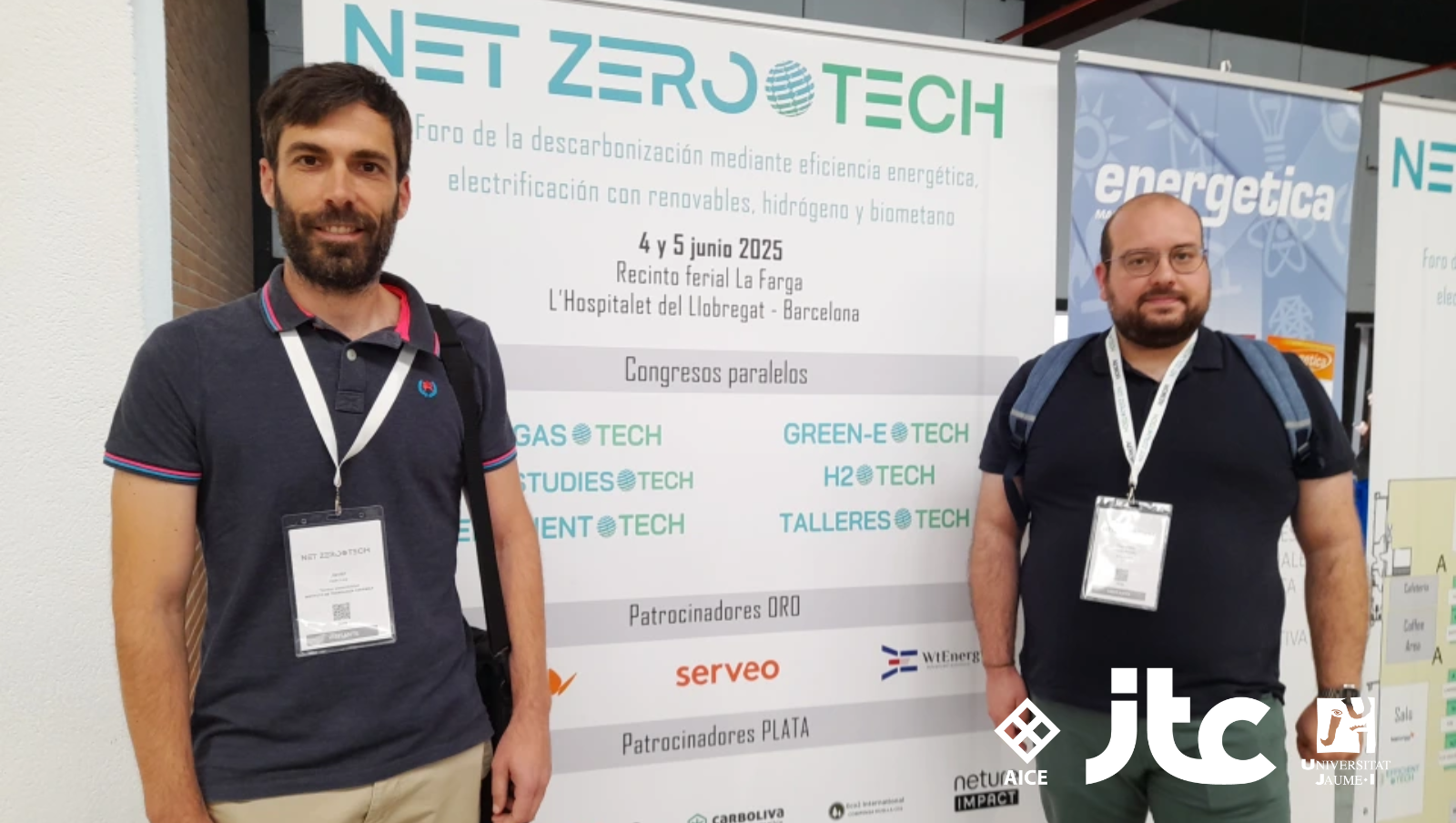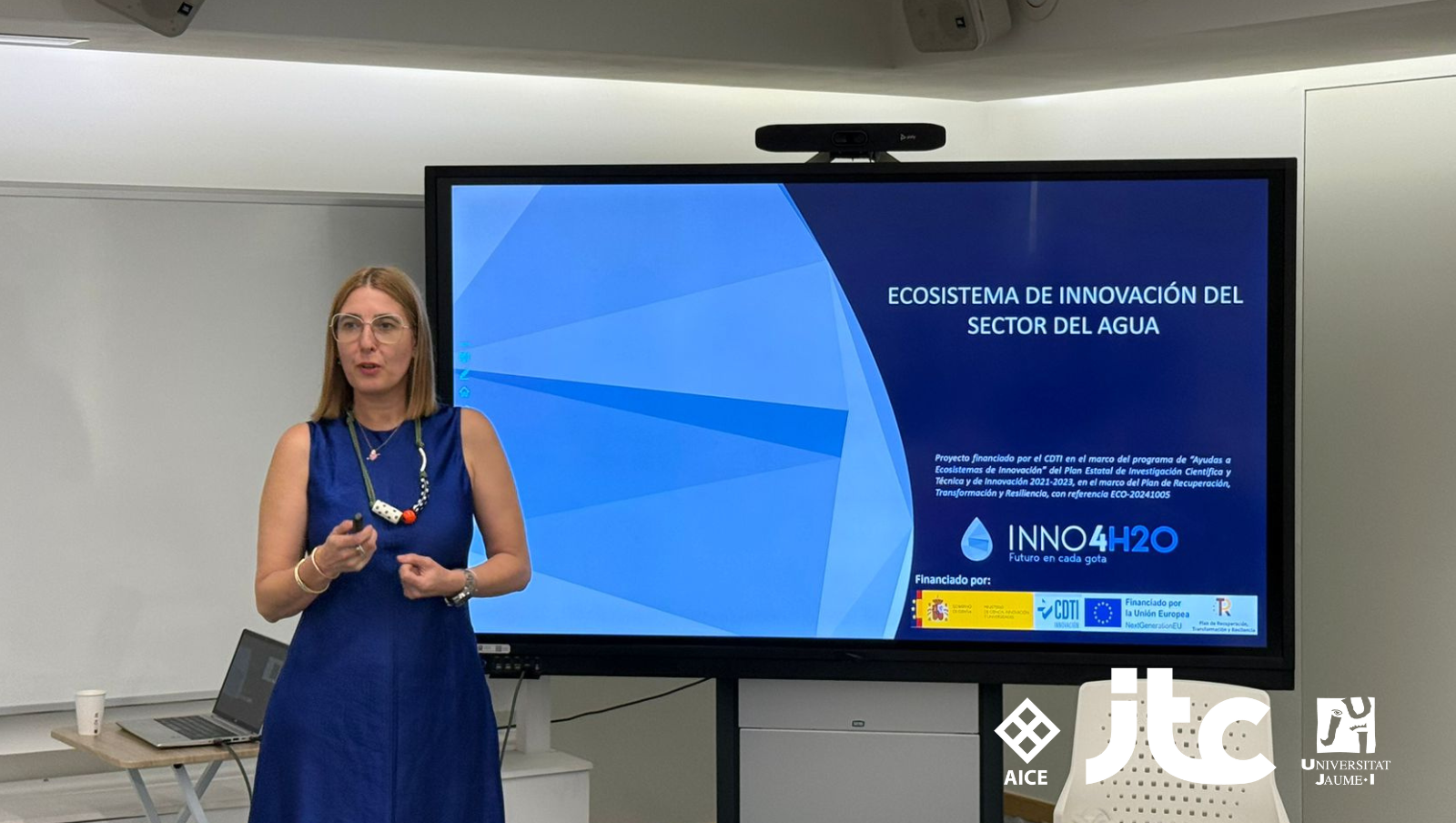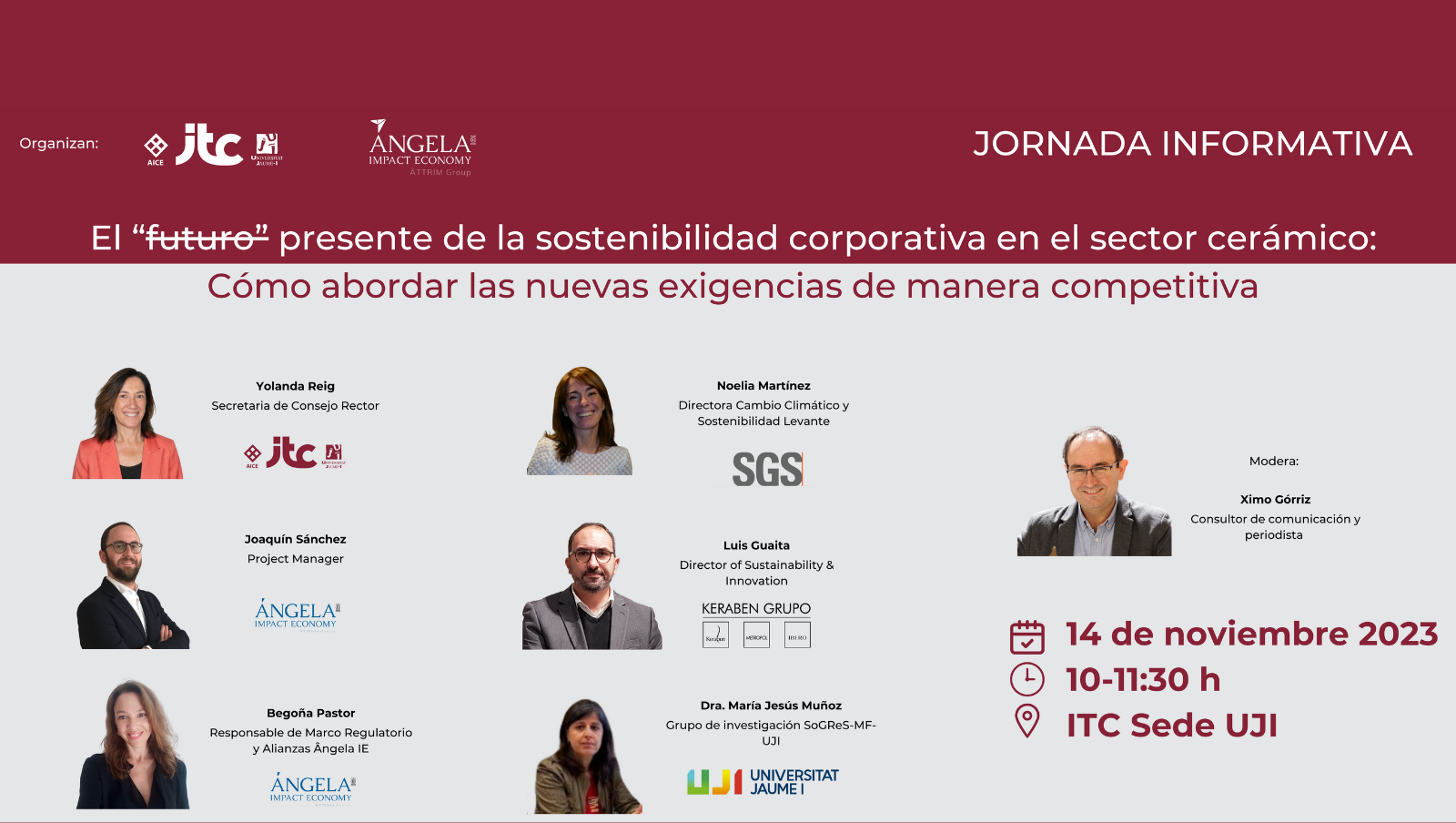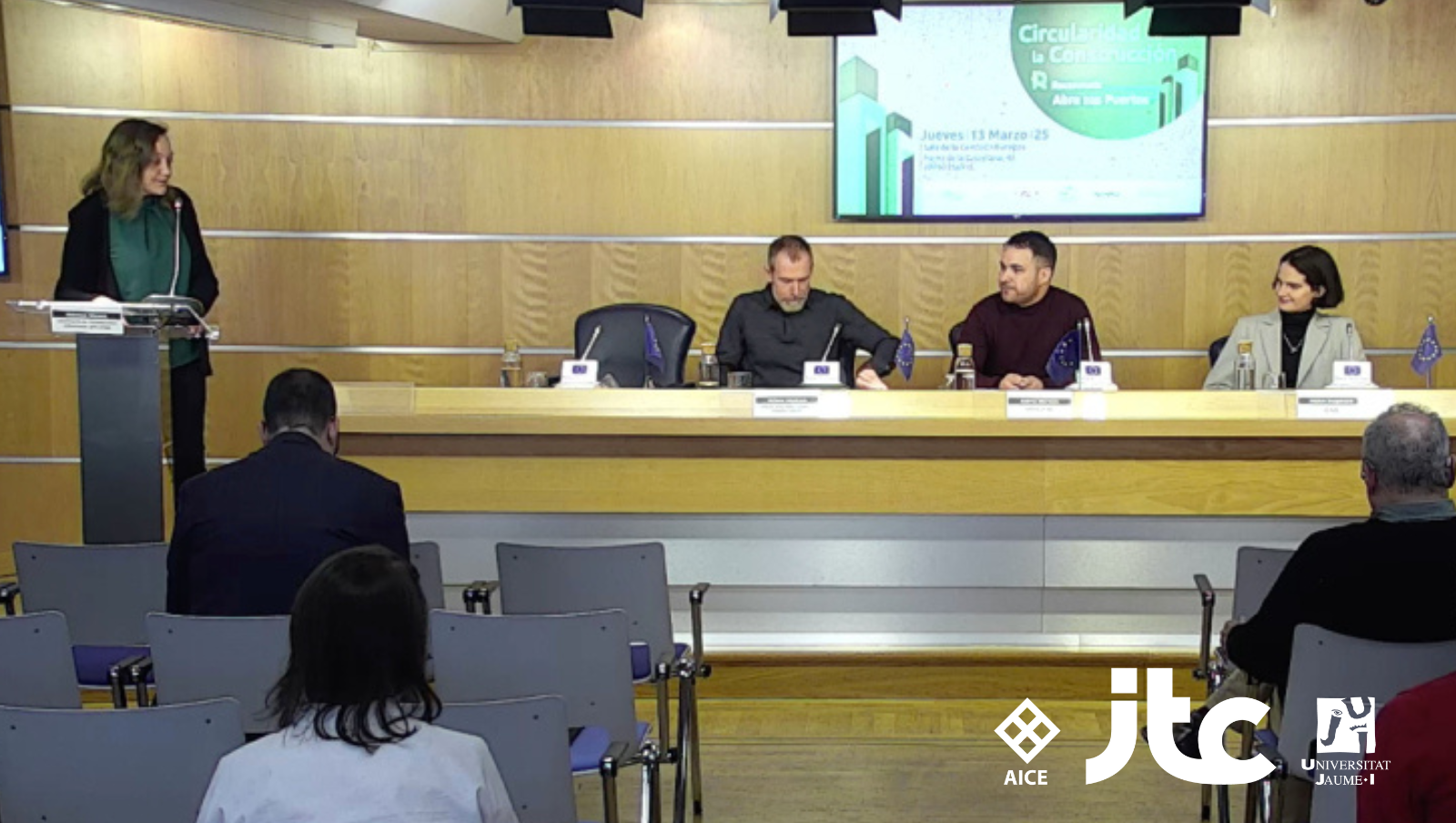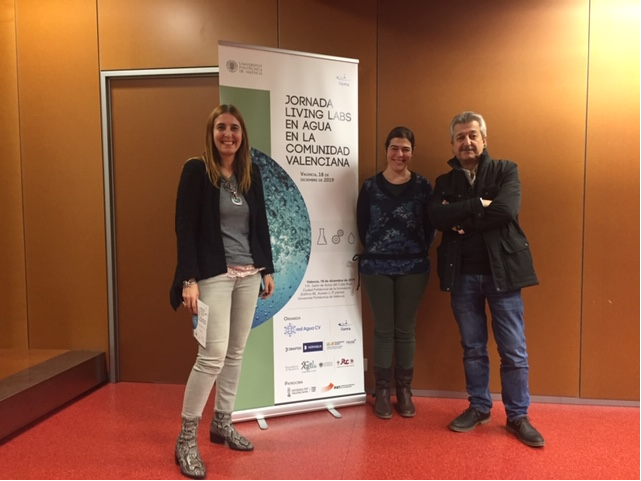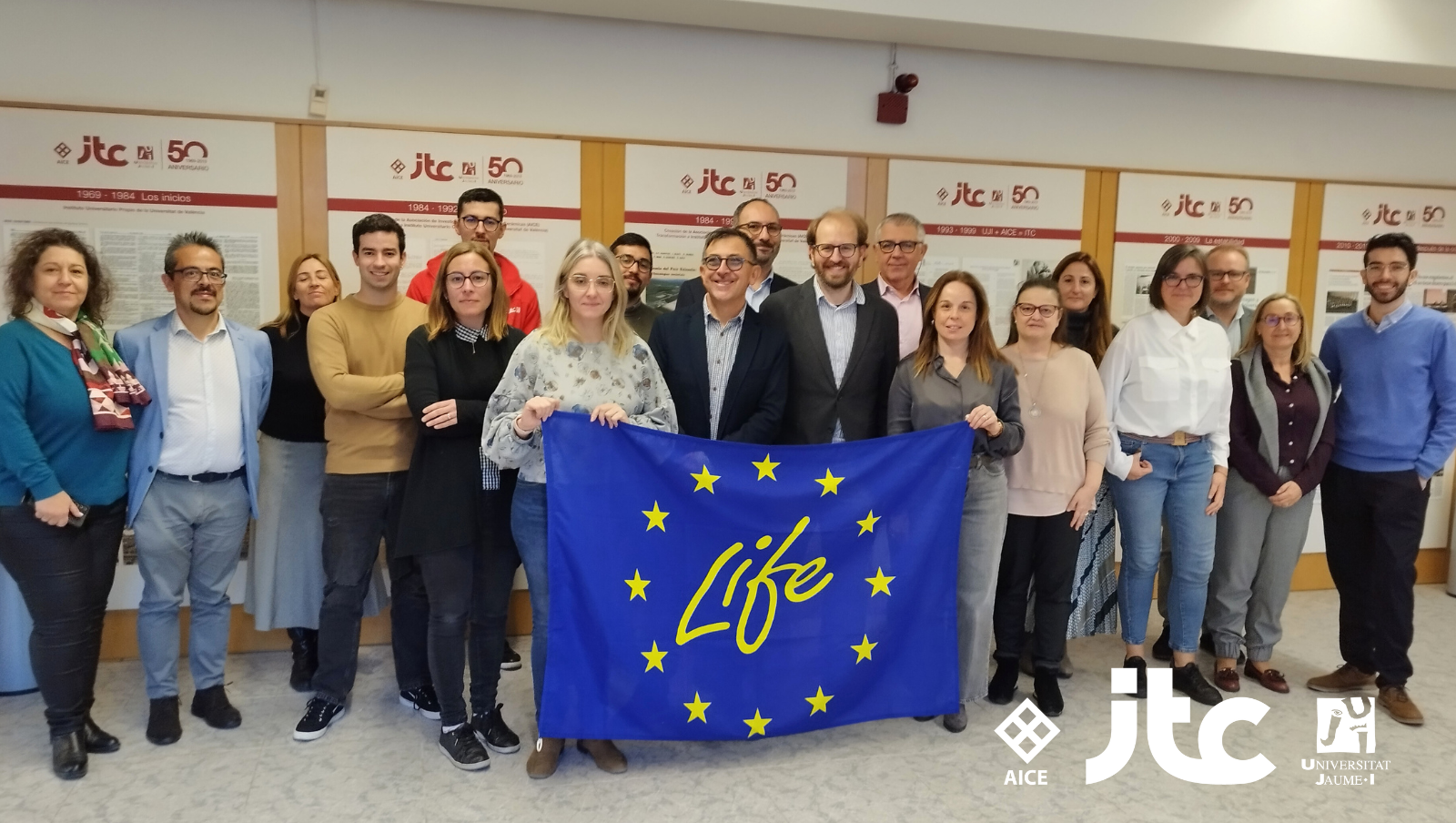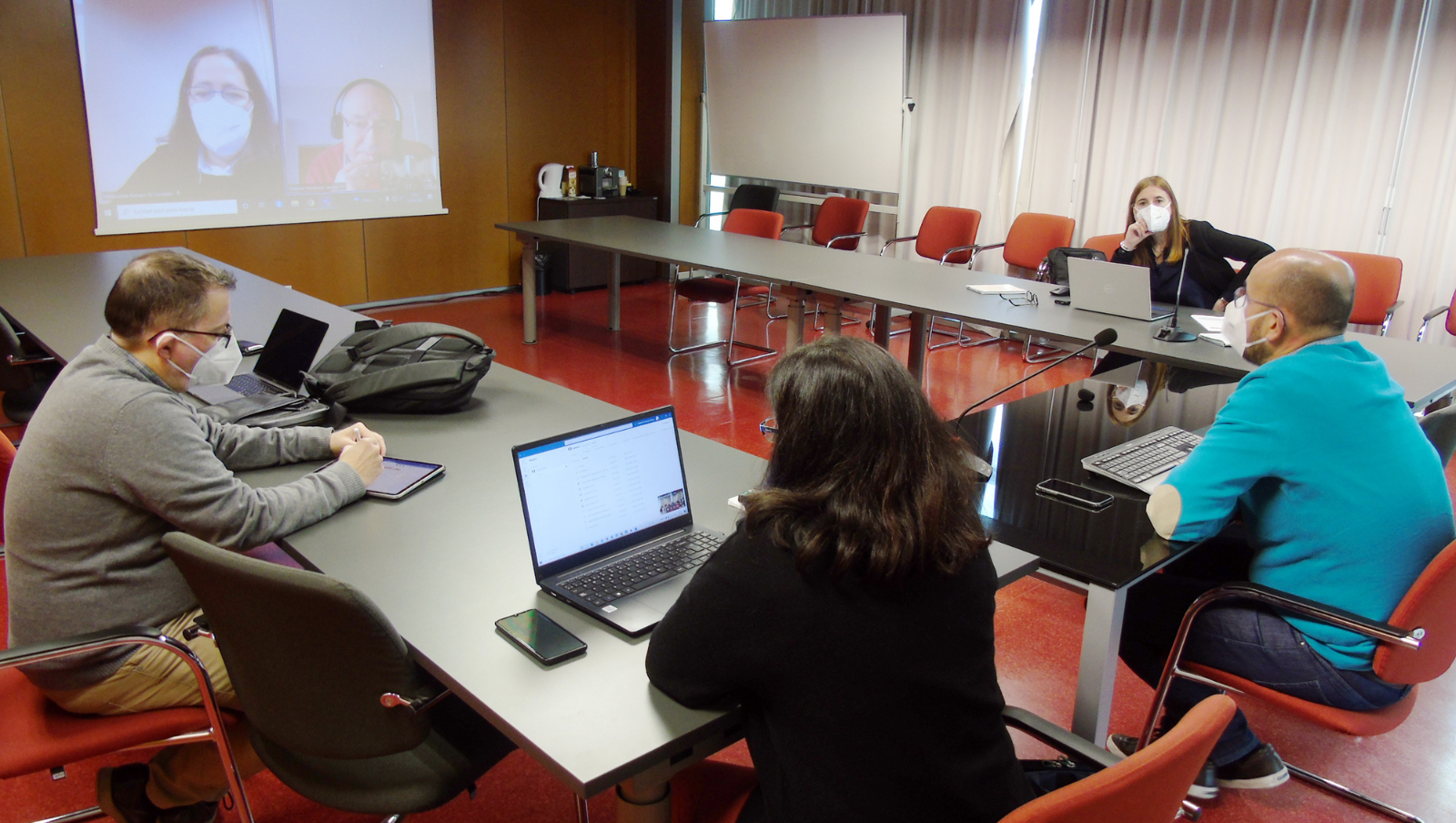A pilot plant is running at the KERABEN Group, located in Nules (Castellón). at which the technological innovations developed in the European DREAM project will be evaluated and verified, with a view to enhancing the sustainability of ceramic processes.
Castellón, 14 March 2019: The main aim of the European DREAMproject, funded by the European Commission's Horizon 2020 programme , is the development and demonstration of a series of technological innovations that can be implemented both in latest-generation kilns and in conventional ceramic tile firing kilns, to thus move forward significantly in process sustainability.
For in situ verification of these improvements, three industrial demonstrators have been developed as technological showcases for the market.
En este marco, y en lo que respecta a la línea medioambiental, el at the Institute of Ceramic Technology (ITC) ha construido una planta piloto compuesta, dicen desde el equipo de investigación del ITC a cargo del proyecto, “de un filtro de mangas con inyección de reactivo y dos reactores de lecho fijo, que se centra en el estudio de las emisiones de contaminantes ácidos con el ánimo de reducir tanto estos como otro tipo de elementos que se emiten a la atmósfera y que pudieran ser nocivos”.
This pilot plant, designed by ITC technicians, was installed at the KERABEN Group plant in Nules (Castellón) to carry out various measurement campaigns up to the summer of 2019. This experimental study will yield the cleaning efficiencies for different pilot plant configurations. To do so, the plant has been fitted with the latest monitoring systems to obtain data on the pollutants emitted at an industrial source in real time.
More about the DREAM project.
DREAM, acronym for "Design for Resource and Energy efficiency in cerAMic kilns", brings together major stakeholders in the field of ceramic industry technologies and focuses on the development of innovations for application in ceramic production. The project's main aim is to reduce kiln energy consumption, pollutant emissions, and production costs, while simultaneously enhancing end-product quality.
The project addresses the development of five strategic innovations for application to the new kiln: a biofuel-fed CHP unit; the study of a tool for modelling, simulation, and control of firing parameters; implementation of heat exchangers for heat control and recovery; installation of new refractory materials and linings to improve kiln insulation; and monitoring and abatement of kiln emissions.
11 socios están involucrados en el proyecto bajo el liderazgo de Sacmi, the world's top ceramic kiln manufacturer, supported by the advisory services of CRIT, an Italian company devoted to technology innovation. Several global leaders in their respective fields complete the Dream team: Keraben Group (Spain) and Mirage(Italy), great ceramics producers; Rath(Germany) world leader in the refractories sector, supported by the co-national research institute Forschungsgemeinschaft Feuerfest. The Institute of Ceramic Technology (ITC-AICE), centre for university-business cooperation located in the Spanish ceramic network cluster and Econotherm (UK), specialists in manufacturing heat exchangers, supported by researchers from Brunel University London. There will furthermore be the valuable contribution of the Italian University of Modena and Reggio and Synesis, a company specialising in manufacturing process innovation.
More information.





















